Spring 2025 5 OF
One Continent, One song
Ehab Abasaeed’s dream for Africa
WHERE EVERY VOICE MATTERS
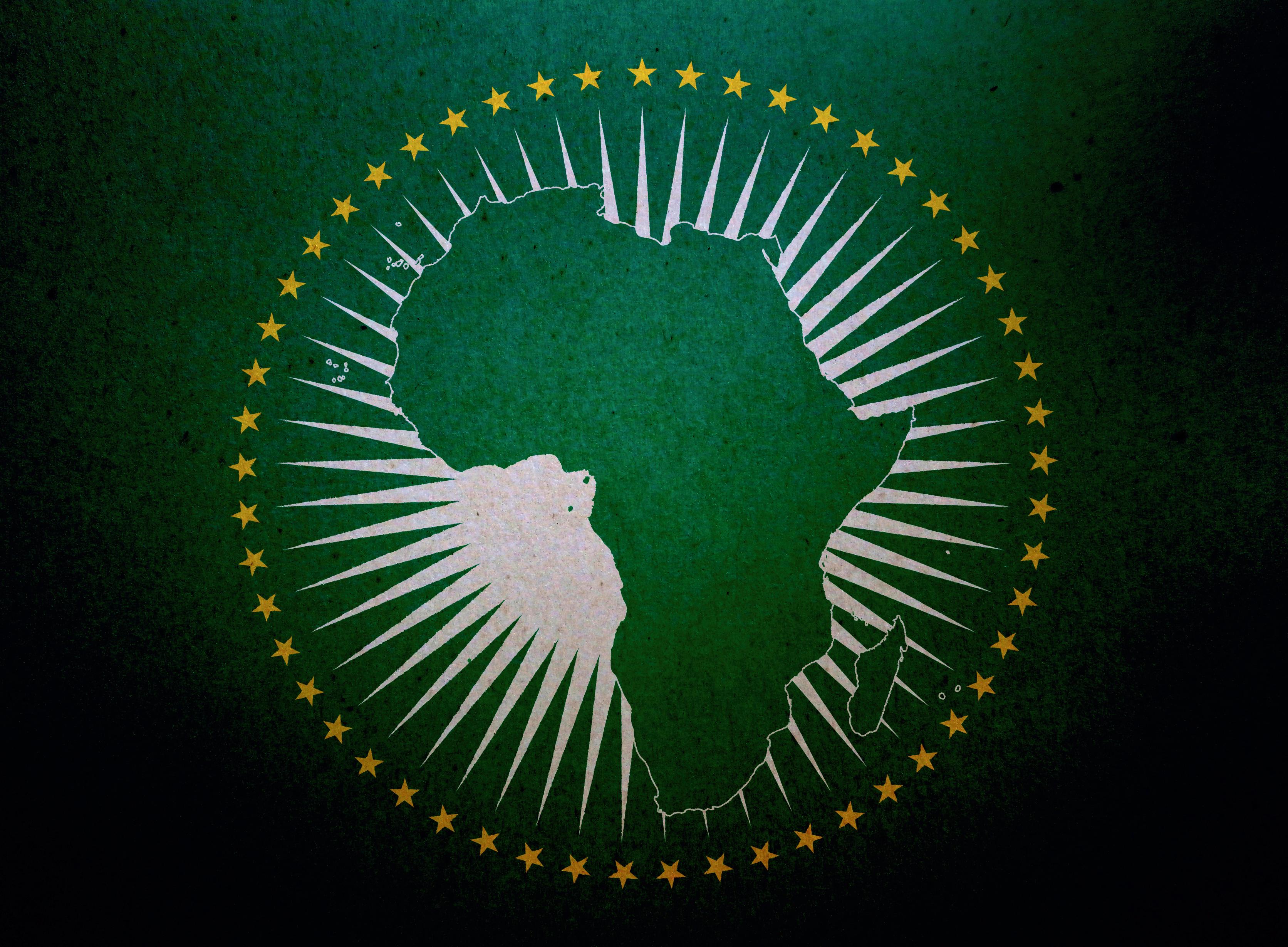
“America
First” and the Ghosts of Expansionism: Why Africa Must Choose Itself
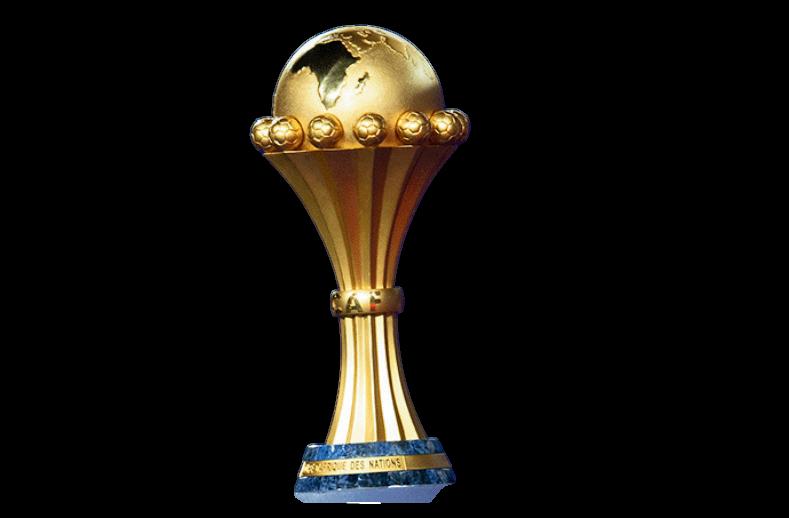
Pride Over Prejudice -
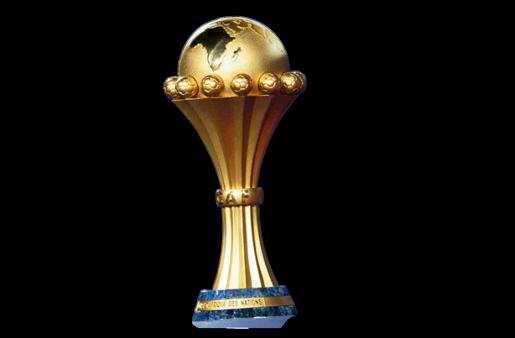

PEOPLE OF AFRICA
WHERE EVERY VOICE MATTERS.

Spring 2025 5 OF
Ehab Abasaeed’s dream for Africa

“America
First” and the Ghosts of Expansionism: Why Africa Must Choose Itself

Pride Over Prejudice -


PEOPLE OF AFRICA
WHERE EVERY VOICE MATTERS.
Politics
“America First” and the Ghosts of Expansionism: Why Africa Must Choose Itself.
Kitchen
Nutrition and Meal Planning for Busy Mothers
Self Care
How to Win Arguments (Without Losing Her)
Women voice
Daughters of AFrica
Sports
AFCON’s Sacred Pitch

Dear Reader,
As the world awakens with the blossoms of spring, we pause to celebrate a special kind of bloom: the men who shape our lives and our world. This issue is dedicated to you fathers, husbands, brothers, uncles, mentors, and friends whose contributions, big and small, create ripples of change and moments of joy. We recognize that, too often, your efforts go unnoticed, folded into the fabric of what is expected. But today, we shine a light on you. As a woman and an editor, I want to take a moment to acknowledge the extraordinary. Yes, we may assume that you will always be there, steady and strong, but it is time we said it plainly: your presence matters profoundly. To the fathers who work tirelessly to provide, ensuring there is food on the table and a roof overhead we see you. To the husbands who balance careers and family with care and courage, striving to hold it all together you are appreciated. To the brothers who bring laughter and strength, the uncles who remind us of joy and possibility, and the men who show up in ways seen and unseen, we thank you from the bottom of our hearts

You are the spring bloom we too often take for granted, assuming that your resilience is a given. But this issue is here to remind you to pause, to acknowledge yourselves, and yes, to be a little selfish. Your wellbeing is the cornerstone of the happiness and stability of those around you. When you choose to prioritize your needs, you empower your family, your community, and yourself to flourish. This edition of our magazine is a celebration of you. Inside, you’ll find articles tailored to your life and interests, from thoughtful advice on self-care because yes, your hair and skin deserve attention too to stories that inspire and uplift. Whether it’s balancing responsibilities, finding moments of joy, or exploring new passions, this issue is a testament to how much you matter. So, here’s to you, our steadfast spring bloom. Thank you for all that you do, and for all that you are. The world is better because you are in it.
With heartfelt thanks,,
Honeymoon Aljabri Chief Editor, People of Africa
WHERE EVERY VOICE MATTERS.

The Shepherd and the Sheep** In the sunbaked plains of the Serengeti, there is an old Maasai parable: *“The shepherd loves his sheep until the drought comes.”* For centuries, Africa has been treated as a flock to be herded, shorn, and sacrificed by foreign powers. Today, as the United States resurrects its “America First” doctrine under Donald Trump’s second term a creed now stretching beyond borders to covet Canada’s forests, Greenland’s minerals, Havana’s harbors, and Gaza’s gas reserves the parable takes on a darker urgency. If the shepherd sharpens his knife, the sheep must become lions.
The New Scramble: America’s Hunger for “More”
The 2024 U.S. election campaign was punctuated by a map. At a rally in Iowa, Trump unfurled a 19th-century-style chart labeled “American Renewal,” with large swaths of North America, the Arctic, and the Caribbean shaded in red. “Why shouldn’t we take what’s ours?” he asked, to roaring applause. By January 2025, his administration had formalized bids to “purchase” Greenland (rebuffed by Denmark), floated statehood for Alberta (sparking protests in Calgary), and backed an Israeli extremist proposal to “relocate” Gaza’s Palestinians into Egypt’s Sinai a plan tacitly blessed by Trump’s claim that “Gaza’s coast has strategic value.” This is not mere rhetoric. It is the logic of empire, repackaged
The U.S. has already invoked the 1856 Guano Islands Act a relic of its Manifest Destiny era to claim offshore energy deposits near Cuba. Meanwhile, AFRICOM quietly expanded drone bases in Niger and Somalia, citing “counterterrorism” while eyeing lithium and cobalt veins. But Africa is no stranger to foreign appetites. The scars of the 1884 Berlin Conference, when colonial powers carved the continentlikeacake,stillthrob.Today’stoolsare subtler: trade deals laced with debt, “security partnerships” that militarize resource zones, and Silicon Valley’s digital plantations harvesting data from Accra to Nairobi. Africa First: Beyond the “Partnership” Mirage** The Biden era’s “partnership of equals” is dead. Trump’s Washington deals in ultimatums: *“Stand with us orstarve.”*ButAfricaneednotkneel
“Stand with us or starve.”But Africa need not kneel
The continent holds 30% of the world’s mineral wealth, 60% of its uncultivated arable land, and a youth population larger than China’s. The question is not whether Africa can stand alone it is whether its leaders will finally reject the shepherd’s crooked staff. The blueprint exists.
The African Continental Free Trade Area (AfCFTA), now in its fifth year, has already boosted intra-African trade by 22%, with Rwanda’s dronedelivered vaccines reaching Nigerian clinics and South African electric buses rolling on Congolese cobalt.
The Pan-African Payment and Settlement System (PAPSS), launched in 2023, has saved $5 billion annually by ditching the U.S. dollar for crossborder trades. Even the AU’s maligned “Agenda 2063” has birthed gems: the Lagos-Abidjan Highway, set to connect 10 million small traders by 2026, and Project SANKOFA, a Ghana-led initiative to reclaim looted artifacts as collateral for low-interest development loans. Yet progress falters where foreign strings remain attached.
The question is not whether Africa can stand alone it is whether its leaders will finally reject the shepherd’s crooked staff.
Ethiopia’s Grand Renaissance Dam, a marvel of self-funded engineering, now faces IMF pressure to “share oversight” in exchange for debt relief. Senegal’s oil reserves, discovered in 2024, are already being courted by TotalEnergies and ExxonMobil with contracts demanding 60year tax holidays. “We are told to be ‘grateful’ for investments that strip us bare,” But gratitude built no skyscrapers in Dubai.” Lessons from the Past, Fuel for the Future** History offers clarity and caution. In 1960, as Patrice Lumumba rallied Congo toward true independence, the CIA funneled cash to his rivals. In 2025, as BRICS nations back Africa’s push for a UN Security Council seat, the U.S. threatens to cut WHO funding over “antiWestern bias.” The playbook hasn’t changed; only the players have. But neither has Africa’s resolve. A slapped tariffs on South African steel Pretoria redirected exports to Indonesia and India, while Nigeria opened the Dangote MegaRefinery a $20 billion project rendering U.S.fuelimportsobsolete.
To choose “Africa First” is not to spurn the world, but to redefine engagement on African terms.
When Starlink throttled rural internet speeds, Rwanda partnered with Elon Musk’s rival, OneWeb, to launch its own satellites. The message is clear: dependency is a choice. The Path Ahead: From Rhetoric to Revolution To choose “Africa First” is not to spurn the world, but to redefine engagement on African terms. Consider: Resource Sovereignty: Zimbabwe’s 2024 law mandating 51% local ownership of lithium mines a model for turning raw ores into batteries and jobs. Climate JusticeThe Congo Basin’s $50 billion carbon credit pact with the EU, renegotiated in 2025 to fund solar grids instead of timber exports. Tech Sovereignty*: Senegal’s Silicon Delta, where engineers are crafting AI tools to diagnose malaria in Wolof and Mandinka. Critics warn of isolation. But true sovereignty is not solitude it is the power to choose allies, not masters. When the AU partnered with Turkey to build Africa’s first mRNA vaccine factory, it rejected Pfizer’s demand for liability waivers. When China offered loans for the Mombasa-Nairobi Railway, Kenya insisted on local contractors for 40% of the work.**The Lions of Tomorrow. In 1896, Ethiopian Emperor Menelik II routed Italian colonizers at Adwa with rifles bought from Russia and France the very powers that had carved Africa. Today’s battles are fought with bonds, tariffs, and patents, but the principle endures: Africa’s destiny cannot be outsourced. As Trump’s America hungers for more, Africa must feast on its own potential.

Let the West keep its “friendships” of shepherds and sheep. We choose the wisdom of the baobab: roots deep in our soil, branches wide enough to shade the world.

Justice or just us ? Justice or just us ? Justice or just us ?

The International Court of Justice (ICJ) and the International Criminal Court (ICC) posture as guardians of global justice. Yet their rulings reveal a damning pattern: a gavel for the Global South, a shield for the West. While the ICJ orders Myanmar to answer for the Rohingya genocide and demands Russia halt its invasion of Ukraine, the U.S. and its allies flout rulings with impunity. South Africa’s genocide case against Israel has laid bare this hypocrisy exposing not a rules-based order, but judicial imperialism
. Selective Justice: A Design Flaw or a Feature?

The ICC’s docket paints a stark picture. Of the 46 individuals it has charged since 2002, 42 are African - a 91% targeting rate (Wilson Center , (2024) a statistic that fuels accusations of systemic bias. A 2023 study in Academic.oup.com underscores this disparity: "All but one defendant convicted at the ICC has been a Black man." (Lopez, 2023). Meanwhile, Western powers evade scrutiny. The U.S., which has never ratified the Rome Statute, openly threatens sanctions against the ICC for investigating its allies most notably in 2020 when it imposed visa restrictions on prosecutors probing alleged Israeli and U.S. war crimes in Afghanistan.


The ICJ, though theoretically impartial, operates under the same power imbalances. The UN Security Council’s veto system allows permanent members (the U.S., Russia, China, France, and the UK) to block enforcement of rulings against their interests. When Nicaragua sued the U.S. in 1986 for funding Contra rebels, Washington simply ignored the ICJ’s condemnation setting a precedent for Western exceptionalism.
Bare In December 2023, South Africa filed a landmark ICJ case accusing Israel of genocide in Gaza, citing mass civilian casualties, forced displacement, and statements by Israeli officials that invoked genocidal intent. The court’s provisional measures in January 2024 ordering Israel to prevent acts of genocide were a rare rebuke, but enforcement remains toothless.
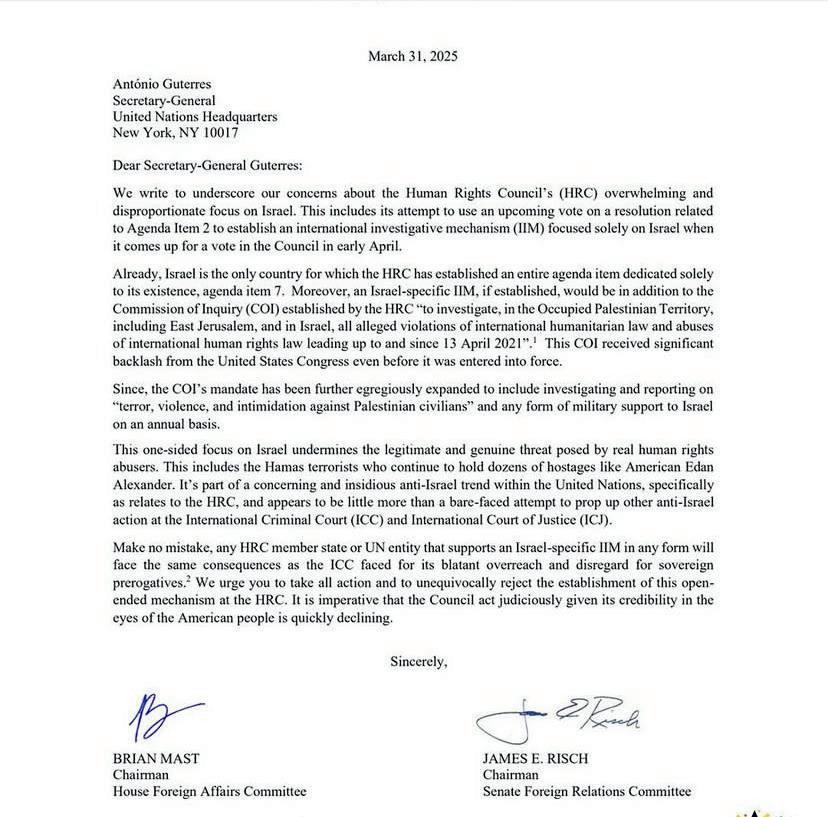
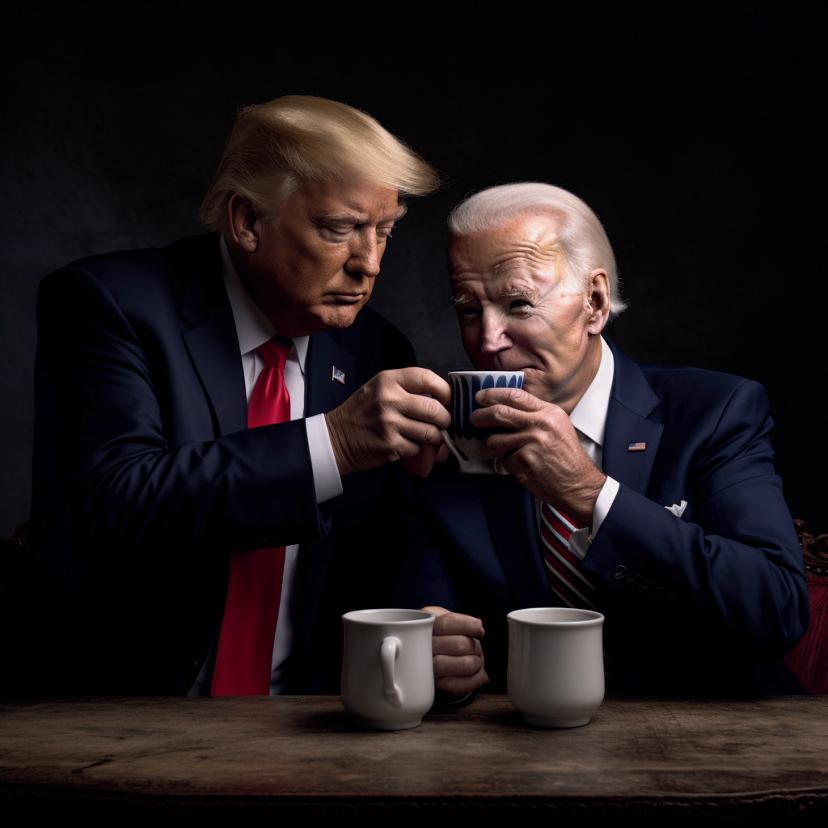
The U.S. response? Not neutrality, but obstruction.
March 2025 The U.S. sent a letter to UN Secretary-General António Guterres, vowing to shield Israel from accountability mirroring its 2018 withdrawal from the UN Human Rights Council over perceived anti-Israel bias. Lobbying Pressure: A September 2024 report by *Middle East Eye* revealed Israeli diplomats warning South Africa of "heavy prices" for pursuing the case, backed by U.S. Congressional pressure. Military Complicity: The U.S. continues to arm Israel despite ICJ scrutiny, risking legal complicity under the Genocide Convention.

The ICC and ICJ were meant to be neutral arbiters. Instead, they reflect the world’s power imbalances: The ICC pursues African warlords but hesitates to indict Western allies (see: no charges for UK officials over Iraq War torture allegations). -powerful nations ignore them (Russia’s ongoing invasion of Ukraine, despite 2022 ICJ orders to withdraw).
For real change, the UN must dismantle the Security Council’s veto monopoly and demand equitable representation. Until then, these courts will remain tools of **asymmetric justice**: punishment for the weak, impunity for the strong with race and geopolitics as their currency.
The Time for African Unity is Now: Embracing the Spirit of the Naive Daughter of Africa.
In an era of global uncertainty, Africa stands at a crossroads. The continent's vast potential for growth, innovation, and progress is undeniable, yet the challenges it faces are equally formidable. From climate change to economic inequality, Africa's future hangs in the balance. But amidst these challenges lies an opportunity for transformation, driven by a simple yet powerful idea: African unity.
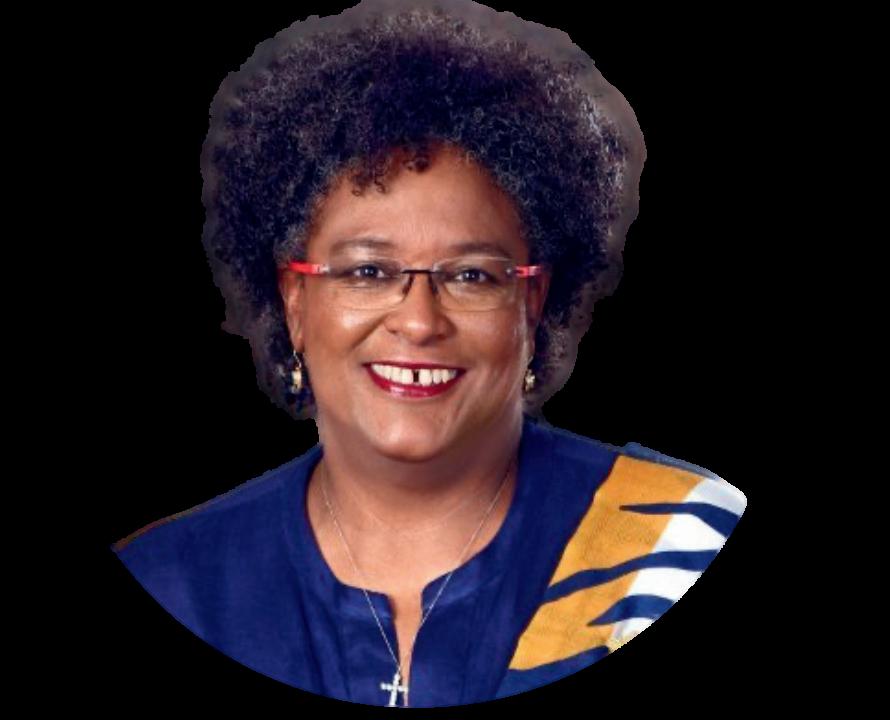
Mia Mottley's phrase, " A Naive daughter of Africa," resonates deeply. Rather than being deterred by the complexities of the modern world, Mottley's optimism and determination serve as a beacon of hope. The time for African unity is now, and it's time for Africa to reclaim its power and sovereignty.
For centuries, Africa has been shaped by external forces, from colonialism to neocolonialism. The legacy of these historical injustices continues to influence the continent's development trajectory. However, today, Africans have a unique opportunity to forge their own path, determine their own destiny, and build a future that benefits the many, not just the few.
African unity is not just a lofty ideal; it's a pragmatic necessity. By coming together, Africans can pool their resources, share their knowledge, and amplify their voices. This collective action can help build stronger economies, more resilient communities, and a more just society.
The benefits of African unity are multifaceted. Economically, a unified Africa can negotiate better trade deals, attract more foreign investment, and promote intraAfrican trade. Politically, unity can enhance Africa's voice on the global stage, allowing the continent to shape international policies and decisions that affect its future.


The African Continental Free Trade Area (AfCFTA) agreement is a significant step towards African unity. By creating a single, unified market, AfCFTA can boost intraAfrican trade, increase economic growth, and reduce poverty. However, achieving African unity will not be easy. The continent faces numerous challenges, from corruption and poor governance to ethnic divisions and conflicts. Nevertheless, these challenges can be overcome through collective action, cooperation, and a shared vision for Africa's future.
The time for African unity is now. By embracing the spirit of the "A naive daughter of Africa," Africans can work together to build a brighter future for the continent. This requires a shift in mindset, from cynicism to optimism, from fragmentation to unity. As Africans, we have a choice. We can let the challenges of the modern world define us, or we can rise above them and forge a new path. By working together, we can create a future that is more prosperous, more just, and more equitable for all. Let us seize this moment and shape our own destiny. The future of Africa depends on it.

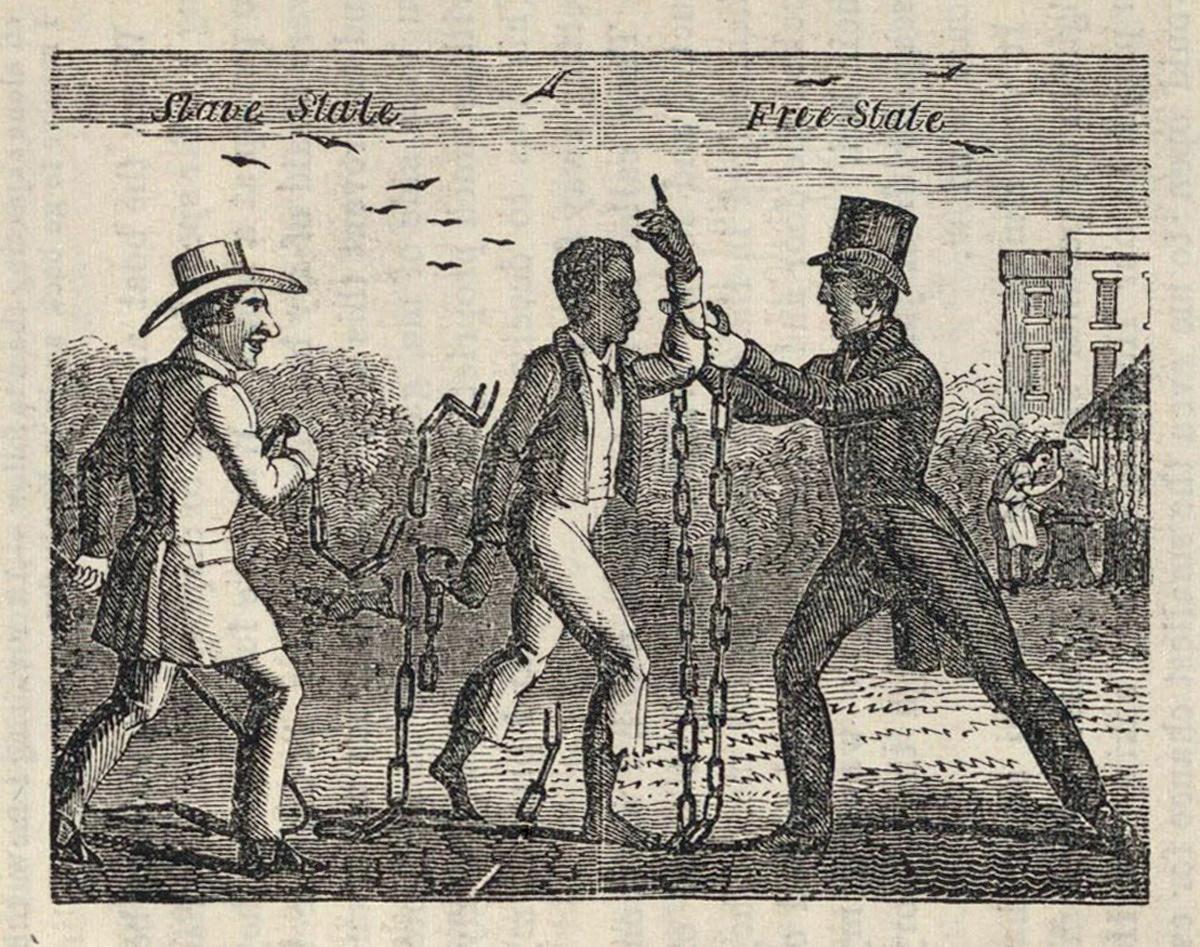

Elected AU Chairperson February 16, 2025;

This issue is dedicated to you fathers¥ husbands¥ brothers¥ uncles¥ mentors¥ and friends whose contributions¥ big and small¥ create ripples of change and moments of joy«
We’re kicking off this season with a joyful rally just for you, our cherished men. Let’s face it: men tend to take the straight road, while women? We adore the scenic route with a few twists and turns along the way. It’s not that women are complicated and men are simple it’s that our worlds, though different, orbit around the same shared experiences. Venus and Mars may seem galaxies apart, but here we are, together on Earth, navigating this wonderfully messy thing called life.
Until we get those rockets ready to send us to our respective planets (though who’d pack the snacks?), we’ve got a few secrets to share about living harmoniously with us womenfolk.
Communication is Your Secret Weapon
Here’s the thing: women need to know. If you think you can hide something, spoiler alert we’ll find it. And probably faster than you think. So, let us in on your thoughts, plans, and dreams. Honesty isn’t just the best policy; it’s the golden ticket to connection.
But communication isn’t just about talking listening is key. Women don’t always want a solution; sometimes, They just want to be heard. Nod, empathize, and show us you’re present. It’s the simplest, most meaningful way to say, “I’m here for you.”
Women value being heard. Instead of jumping in with a solution or defense, pause and let her express herself fully. Say, "I hear you, and I want to understand better." This shows you're engaged and care about her perspective.
Even if you disagree with the specifics, acknowledge her emotions. Phrases like, "I can see why you feel that way," or "That must have been tough," go a long way in easing tension.
Avoid starting sentences with “You always” or “You never.” Instead, say, "I feel that..." or "I need..." It turns the conversation from an attack into a discussion.
Keep the conversation going by asking, "Can you tell me more about what’s bothering you?" or "How can I help?" This shows curiosity and willingness to engage rather than shut down the argument.

Before responding, summarize her main points: "So what you're saying is..." This ensures you understand and makes her feel valued.
Arguments can get heated, but raising your voice or becoming defensive escalates the situation. Keep a steady tone, even if she’s emotional it conveys that you’re grounded and open to resolution.
Sometimes, a heartfelt “I’m sorry for how this made you feel” can end an argument before it spirals. It’s not about admitting fault but showing empathy.
Not every disagreement is worth a debate. If the issue is minor, consider letting it go. Say, “You’re right, let’s not sweat the small stuff,” and move on.
If you're explaining your point, avoid generalizations like "This always happens." Instead, detail the exact situation: "Yesterday, when this happened, I felt..." This keeps the focus on the issue, not personalities.

Arguments shouldn’t feel like a loss for anyone. Wrap up with, “I’m glad we talked this through,” or “I appreciate us working on this together.” It leaves both of you feeling like a team.
Winning an argument isn’t about being right it’s about strengthening the connection. Master these tips, and you’ll not only navigate disagreements better but also win her heart a little more each time.


In a world where men often prioritize their families, careers, and societal expectations over their own needs, the concept of self-care can feel like an afterthought. Most men live by the adage “happy wife, happy life,” but what about their happiness? A happy husband, after all, often creates a thriving family dynamic. This year, let’s shift the narrative: This is the time for dads, husbands, and professionals to choose themselves first.
Self-careisn’tindulgenceit’s essential.Here’swhy:
1. Reducing Stress and Anxiety: Prioritizing selfcare can significantly improve mental health, equipping men to handle life’s challenges with resilience.
2. Strengthening Relationships: A well-balanced man is a better partner, father, and friend, fostering deeper, more meaningful connections.
3. Boosting Productivity: Taking time for oneself enhances focus, energy, and overall performance, both personally and professionally.
Despiteitsbenefits,manymen struggletomakeself-carea prioritydueto:
1. Societal Expectations: Traditional norms often discourage men from openly addressing their needs or seeking support.
2. Time Constraints: Balancing work, family, and personal responsibilities leaves little room for self-reflection and care.
3. Stigma and Shame: The misconception that self-care is “unmanly”; perpetuates neglect of physical and emotional health.
Committomakingself-carea prioritywiththeseactionable steps:
1. Schedule Self-Care: Treat it as a non-negotiable appointment. Whether it’s a workout, a hobby, or quiet time, block it into your calendar.
2. Explore New Interests: Engage in activities that excite and inspire you, from learning a new skill to rediscovering an old passion.
3. Prioritize Physical Health: Exercise regularly, eat balanced meals, and ensure you’re getting enough sleep.

4. Seek Support: Build a network of friends, family, or professionals who uplift and encourage your journey.
5. Practice Mindfulness: Cultivate mental clarity through meditation, deep breathing, or yoga.

Mind
Practice Mindfulness:
Incorporate meditation or breathing exercises to reduce stress and improve focus.
Learn Something New: Challenge your brain with a new hobby or skill to stay mentally agile.
Connect with Loved Ones: Strengthen relationships by spending quality time with family and friends.
Body
Start a Fitness Routine: Find an activity you enjoy, like cycling or swimming, to stay active.
Eat Nutritiously: Focus on whole foods, fruits, and vegetables to fuel your body.
Prioritize Sleep: Aim for 7-8 hours of quality sleep each night to recharge.
Spirit
Practice Gratitude: Reflect daily on things you’re thankful for to cultivate positivity.
Engage in Enjoyable Activities: Dedicate time to hobbies or passions that bring joy.
Connect with Nature: Take walks, go hiking, or simply enjoy fresh air to rejuvenate your spirit.
1. Morning Stretching: Boost energy and flexibility with a 10-minute stretch routine.
2. Mindful Breathing: Spend 10 minutes focusing on slow, deep breaths to center yourself.
3. Gratitude Journaling: Note three things you’re grateful for daily to foster a positive outlook.
4. Quick Meditation: Use a meditation app or breathe deeply for 10 minutes to reduce stress.
5. Hydration Break: Enjoy water, tea, or a nutritious snack to stay refreshed.
6. Self-Reflection: Take time to assess your needs and adjust your self-care plan accordingly.
1. Headspace: A meditation app offering guided mindfulness sessions.
2. Happify: Activities and games to improve mental well-being.
3. Calm: Sleep stories, calming music, and relaxation techniques.
4. Self-Care Checklists: Use printable or digital lists to monitor your progress.
5. Online Therapy: Platforms like BetterHelp or Talkspace make mental health support accessible and convenient.
This spring, redefine what it means to be a provider and protector by choosing yourself first. By nurturing your mind, body, and spirit, you’ll not only enhance your own well-being but also strengthen the bonds and relationships that matter most. Remember: a happy you means a happier, healthier family.

As spring blossoms, People of Africa magazine dedicates this issue to the men who enrich our world with their strength, resilience, and grace. It is a season of renewal, and we take this opportunity to express our gratitude to men especially African men for all they do to make the world a better place.
In a world where men’s health and grooming often take a backseat, men deserve to thrive not just in physical strength but in confidence and vitality. From maintaining a luscious beard to preserving healthy skin and hair, self-care is a profound act of self-respect. This article celebrates the intersection of beauty and wellness, offering actionable tips on nutrition, grooming, and health check-ups tailored to men. Let’s reclaim the narrative: looking good and feeling healthy are cornerstones of true masculinity.
Hair loss affects millions of men globally, often stemming from stress, genetics, or nutrient deficiencies. While baldness can be a badge of confidence, nourishing your hair starts from within.

1. Biotin (Vitamin B7): Strengthens hair follicles.
Sources: Eggs, peanuts, sweet potatoes, and avocados.
2. Zinc: Supports scalp health and prevents thinning.
Sources: Pumpkin seeds, lentils, oysters, and beef.
3. Iron: Boosts oxygen flow to hair roots.
Sources: Spinach, liver, beans, and moringa leaves.
4. SSOmega-3 Fatty Acids: Reduces inflammation and promotes shine.
Sources: Fatty fish (sardines, mackerel), flaxseeds, and walnuts.
Pro Tip: Blend a hair-health smoothie with spinach, banana, peanut butter, and moringa powder for a daily nutrient boost.
African skin is majestic, but it requires care to combat dryness, acne, or hyperpigmentation. A nutrient-rich diet paired with hydration can work wonders.

Skin-Loving Nutrients and Local Superfoods
1. Vitamin C: Fights free radicals and brightens skin.
Sources: Citrus fruits, guava, baobab powder, and bell peppers.
2. Vitamin E: Moisturizes and repairs skin barriers.
Sources: Almonds, sunflower seeds, and shea butter (used topically or in oils).
3. Collagen-Boosting Foods: Enhances elasticity.
Sources: Bone broth, chicken, and leafy greens.
4. Water-Rich Foods: Hydrate from the inside out.
Sources: Watermelon, cucumber, and coconut water.
Pro Tip: Whip up a skin-glowing face mask with raw honey, yogurt, and a pinch of turmeric a traditional African remedy for clarity and glow.
Grooming isn’t vanity; it’s self-care.
Embrace routines that honor your heritage while adapting to modern needs.

1. Beard Care:
Wash and condition regularly with natural oils (argan, coconut, or shea butter).
Trim to maintain shape and prevent split ends.
2. Skincare:
Cleanse daily with a gentle soap (e.g., African black soap).
Moisturize with shea butter or aloe vera gel to combat ashiness.
3. Scalp Health:
Massage scalp with rosemary or castor oil to stimulate hair growth.
Protect your head from sun damage with hats or sunscreen.
Pro Tip: Invest in a traditional wooden comb to distribute natural oils evenly through your hair or beard.
True beauty starts with internal health. Regular check-ups catch issues early, ensuring you stay vibrant for years to come.

Annual physicals: Monitor blood pressure, cholesterol, and blood sugar.
Skin checks: Look for unusual moles or patches (skin cancer is often overlooked in darker skin tones).
Hormonal tests: Low testosterone can contribute to hair loss and fatigue.
Thyroid screening: Thyroid imbalances may trigger hair thinning or weight changes.
Dr. Ngozi, Nigerian Dermatologist, Advises: “Your skin and hair reflect your inner health. Don’t ignore fatigue, sudden hair loss, or rashes they’re your body’s SOS signals.”
Stay bold. Stay healthy. Stay proud.
1. Revamp Your Plate: Swap processed snacks for nuts, fruits, or roasted plantains.
2. Create a Routine: Dedicate 10 minutes daily to grooming and mindfulness.
3. Break the Silence: Encourage brothers, friends, or sons to prioritize check-ups.
Men deserve to feel unstoppable inside and out. By embracing nutrient-rich foods, mindful grooming, and proactive health checks, you’re not just surviving but thriving. Let your confidence shine as brightly as your skin, your hair as resilient as your spirit, and your health as unshakable as your legacy.

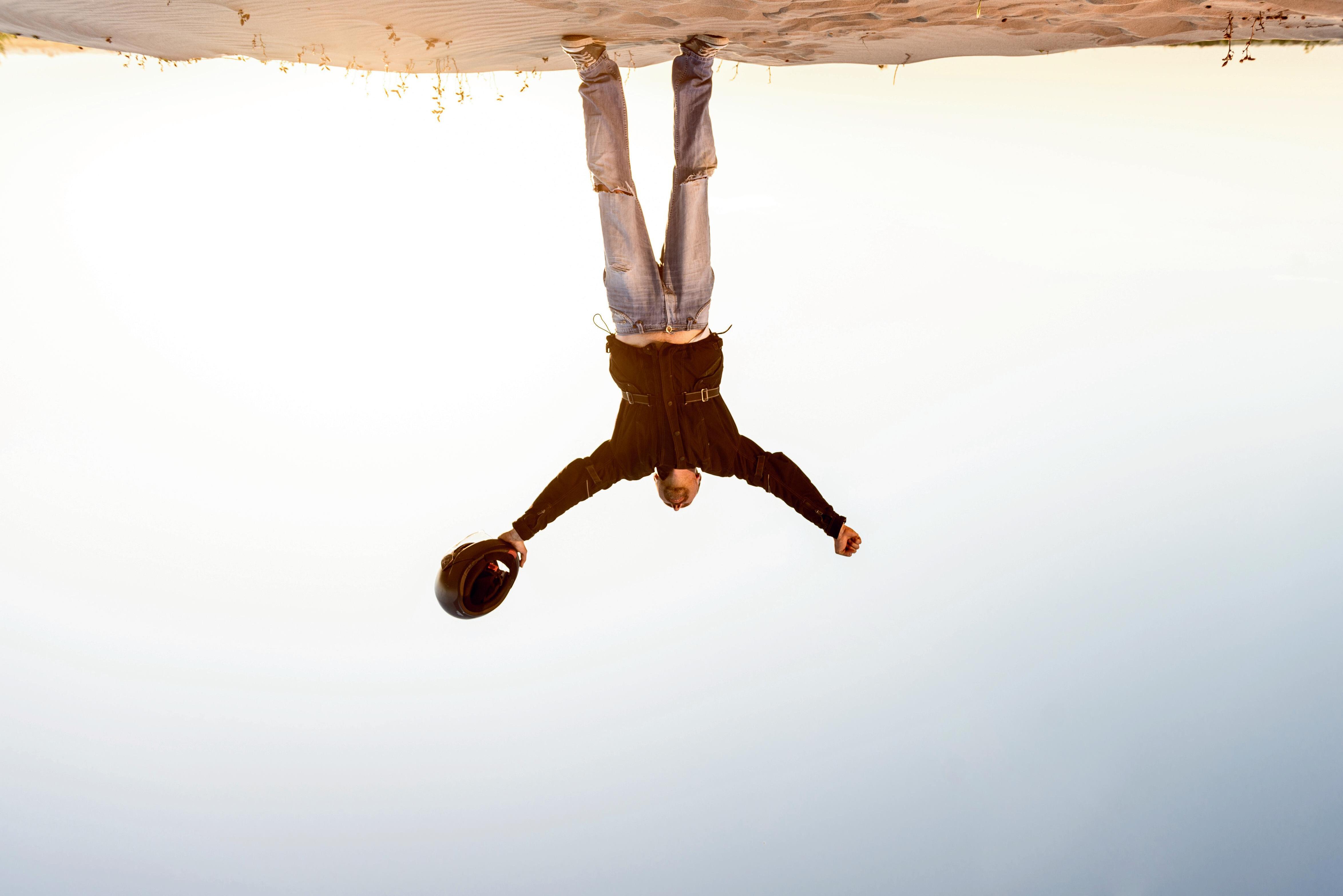


In the tender embrace of "Heartstring," Honeymoon Aljabri weaves a tale as poetic as the African sunset. Ahmad, a Moroccan footballer, and Zahra, a Sudanese artist, flee their respective storms, finding solace in the ancient streets of Italy. Their journey is a symphony of whispered dreams and unspoken desires, an escape from the shadows of Istanbul and Washington D.C. In the quiet moments between heartbeats, their souls recognize each other, echoing the rhythms of their shared continent. As their paths intertwine, love blossoms like the desert rose, pure and unwavering. In this dance of destiny, they discover a sanctuary in each other's arms, a love that transcends borders and heals the deepest wounds, resonating with the timeless beauty of Africa itself.


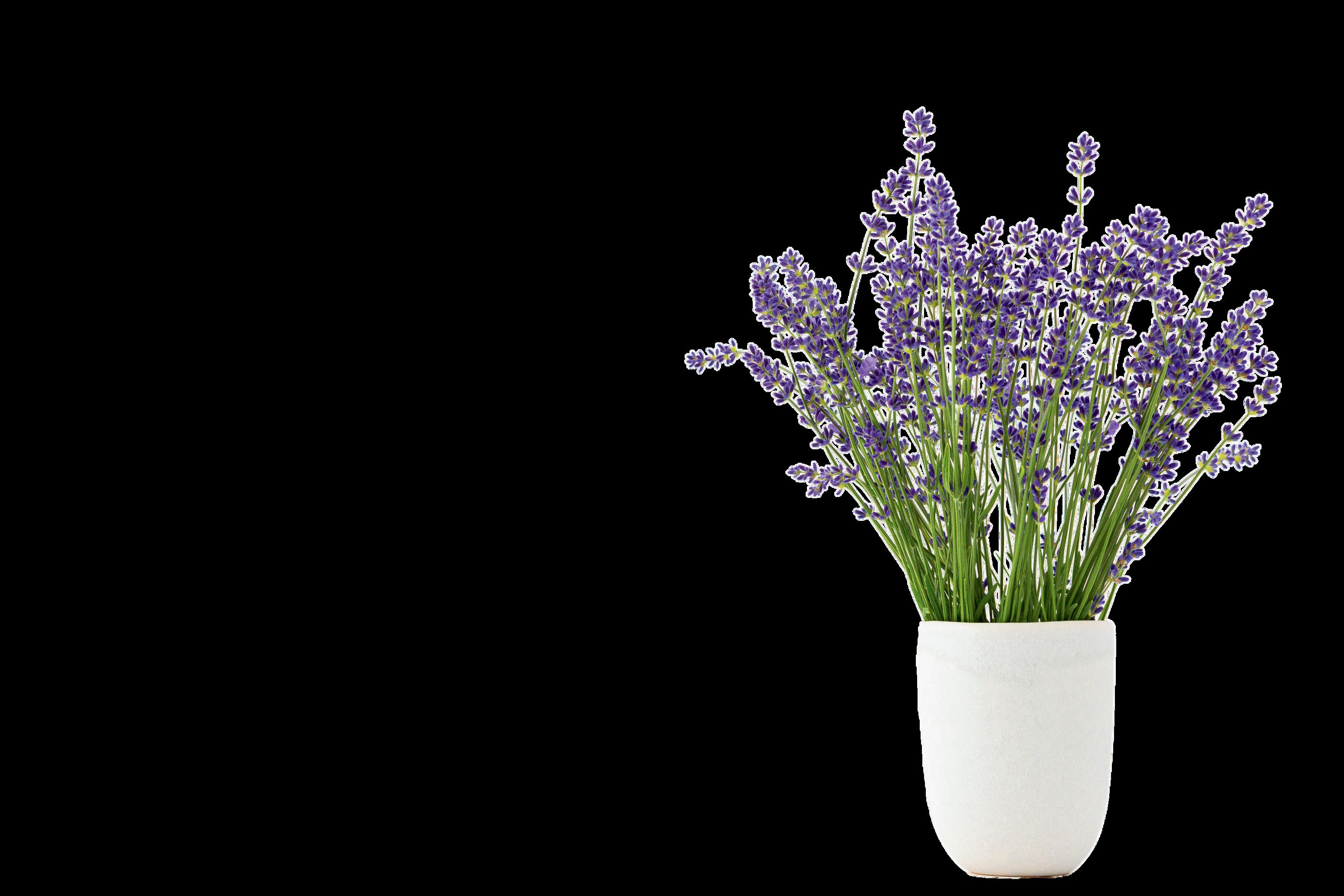

Spring’s arrival is like a celebration of color and life as it floods our homes and gardens with beautiful blooms. But why should beauty end when summer rolls around? By choosing flowers that dry gracefully, you can extend the charm of spring well into the hotter months. Here is your go-to guide for selecting blooms that will preserve their beauty and continue to decorate your home all summer long.
Why They are Great: With their lush, romantic petals, peonies make stunning bouquets in spring, and they dry beautifully, too!
Pro Tip: Hang them upside down in a cool, dry space to retain their shape and color, ensuring they last well into the summer.

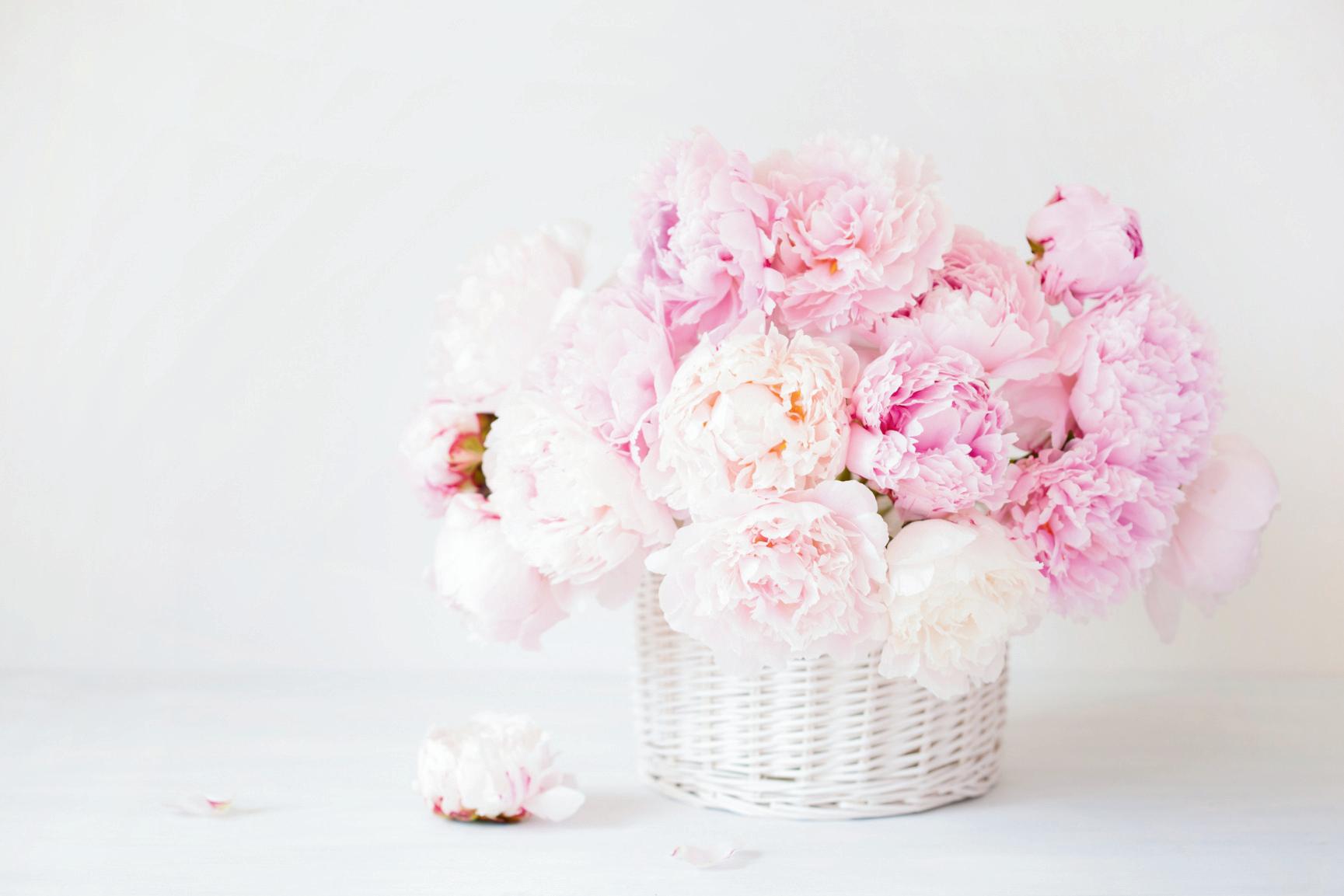
Why They’re Great: Known for its soothing scent, lavender adds a calming fragrance to your home. Once dried, it brings rustic charm to your decor.
Pro Tip: Bundle the stems and tie them with twine to create simple yet chic arrangements that will last.
Why They are Great: These voluminous blooms dry naturally, maintaining their lush beauty for months, adding sophistication to any room.
Pro Tip: Let them dry in a vase without water for a perfectly preserved, timeless look.



Why They’re Great: Known for its soothing scent, lavender adds a calming fragrance to your home. Once dried, it brings rustic charm to your decor.
Pro Tip: Bundle the stems and tie them with twine to create simple yet chic arrangements that will last.


Timing is Key: Harvest flowers when they’re at their freshest, ideally in the morning after the dew has dried, to ensure they hold their color and vitality.
Air Drying: Bundle small bouquets of flowers together with twine and hang them upside down in a well-ventilated, dry place to preserve their shape.
Preservation Tip: Once dried, lightly spray your flowers with hairspray to help prevent shedding and fading, keeping them looking fresh longer.


Mantelpiece Magic: Drape dried flower garlands across your fireplace or display them on your bookshelves for a cozy, inviting touch.
Table Runners: Scatter dried flowers along the center of your dining table. This simple yet elegant touch makes for effortless summer dining.
Wreath Wonders: Create stunning wreaths using a blend of dried flowers and greenery. They’re a perfect way to bring seasonal charm to any space, year-round.
Thoughtfully incorporating these floral accents, you will create a home that bridges the fresh, vibrant energy of spring with the warm, relaxing feel of summer. So why let your spring blooms fade away when you can preserve their beauty and enjoy them all year long?
Pro Tip: Mix them with herbs like rosemary or thyme to create a rustic, countryside vibe.
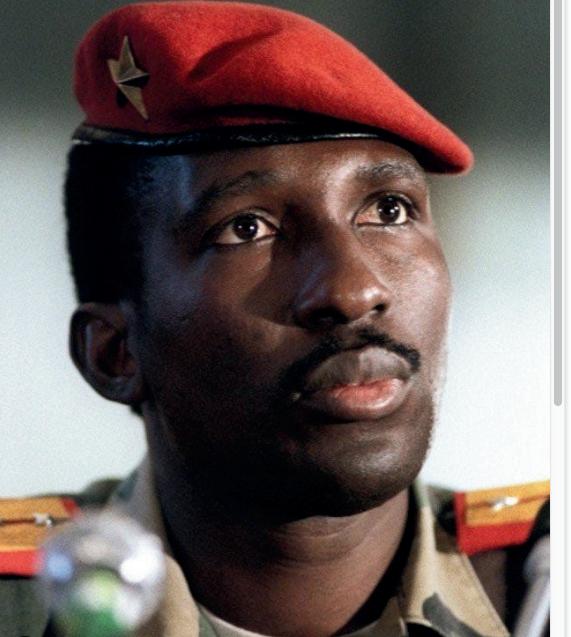
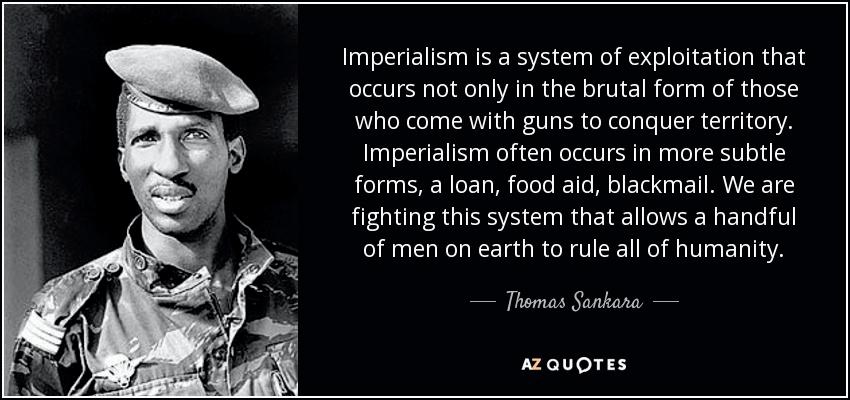

IT began with a Nations resolution that accused Israel of apartheid and called for its suspension from international bodies. Within weeks, the U.S. slapped sanctions on Pretoria’s state-owned arms giant Denel, froze $2.7 billion in assets, and blacklisted its tech sector. Former President Donald Trump, resurrecting his “America First” mantra, called South Africa “a rogue state.” But what finally snapped Washington’s patience? Was it Pretoria’s unwavering solidarity with Palestine, or its deepening alliances with BRICS nations like China and Russia?
The answer, buried in decades of history and hypocrisy, reveals a story of defiance, memory, and a continent’s unshakable resolve. The Palestine Link: A Bond Forged in Oppression South Africa’s solidarity with Palestine is no recent activism it is rooted in the blood-soaked soil of its own apartheid past

During the darkest days of white-minority rule, the African National Congress (ANC) and the Palestine Liberation Organization (PLO) trained together in Libyan camps, exchanged intelligence, and shared tactics to resist settlercolonial regimes. Nelson Mandela, weeks after his 1990 release from prison, declared, “Our freedom is incomplete without the freedom of the Palestinians,” echoing a sentiment that became state policy. In 2018, South Africa downgraded its embassy in Tel Aviv, and in 2023, it became the first nation to charge Israel with genocide at the International Court of Justice (ICJ), citing the 1948 UN Genocide Convention. Legal scholars noted that South Africa’s 85-page submission borrowed heavily from transcripts of its own 1996 Truth and Reconciliation Commission, which documented apartheid-era atrocities.

96 Truth and Reconciliation Commission, which documented apartheid-era atrocities. The parallels were stark: segregated roads, identity cards, and mass displacement. When Israel bombed Gaza’s Jabalia refugee camp in 2024, South African Foreign Minister Naledi Pandor likened it to the 1985 Kassinga massacre in Namibia, where apartheid forces killed 600 refugees. Washington watched uneasily. The U.S. had long tolerated South Africa’s Palestine stance, but the ICJ case crossed a red line.
Leaked State Department cables revealed frustration over Pretoria’s “moral grandstanding,” with one official scribbling, *“They’re using our own human rights playbook against us.”*
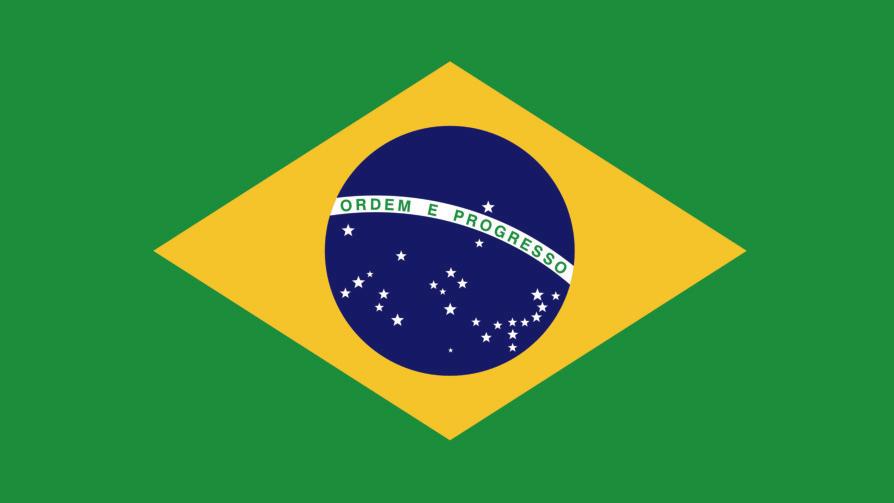

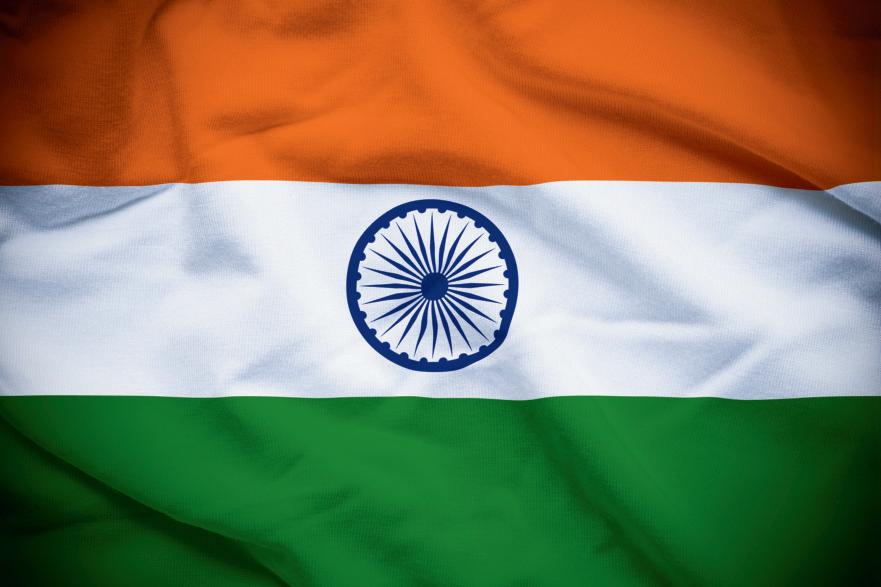

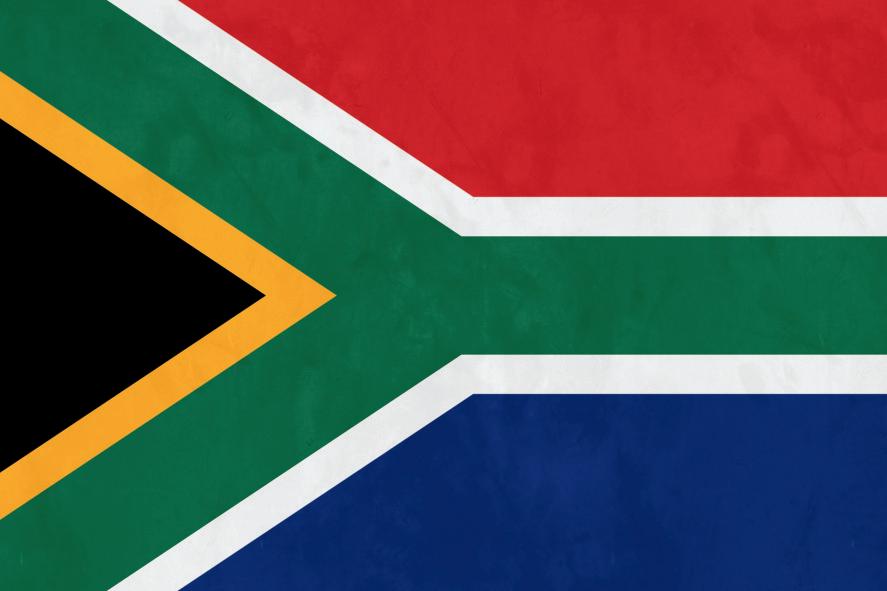
BRICS and the “Decoupling” Dilemma While Palestine solidarity drew headlines, it was South Africa’s BRICS membership that quietly strained U.S. relations. Since joining the bloc in 2011, Pretoria had pivoted trade eastward: 30% of its exports now go to China, and its 2024 decision to host joint naval drills with Russia in the Indian Ocean alarmed NATO. But the tipping point came in January 2025, when South Africa and China inked a $10 billion deal to bypass the U.S. dollar in mineral trades, using BRICS’ proposed digital currency instead. The move dovetailed with broader BRICS ambitions to dismantle Western financial hegemony. South Africa’s Central Bank had already converted 15% of its reserves to yuan and rubles, and its state energy firm, Eskom, began settling oil imports from Iran and Venezuela in gold-backed currencies. To Washington, this was economic sedition. “BRICS is a club of autocrats,” Trump declared in a Fox News interview, omitting that democracies like India and Brazil also sat at the table. The Denel sanctions, though framed as punishment for Palestine solidarity, crippled a linchpin of South Africa’s BRICS defense strategy. By cutting off U.S. semiconductors, Washington didn’t just target The BRICS nations it aimed to fracture BRICS’ spine with slap of tariffs
Elon Musk’s Shadow- War Behind the diplomatic clash lurked a billionaire’s vendetta. Elon Musk, born in Pretoria to a white South African family, had long criticized the ANC’s Black Economic Empowerment (BEE) policies. In 2024, his satellite firm Starlink defied South Africa’s data sovereignty laws, refusing to store user data locally. Communications Minister Mondli Gungubele accused Musk of “digital colonialism,” prompting a retaliatory X (formerly Twitter) tirade where Musk called BEE “racist” and shared a meme mocking President Cyril Ramaphosa. The sanctions provided Musk indirect revenge. Starlink, which provides internet to 12 million rural South Africans, throttled service speeds days after the Denel announcement, citing “payment disputes.” Internal emails revealed Musk’s team discussing using the slowdown to pressure Pretoria into deregulating tech. For many South Africans, it evoked apartheid-era tactics starving communities of resources until compliance.
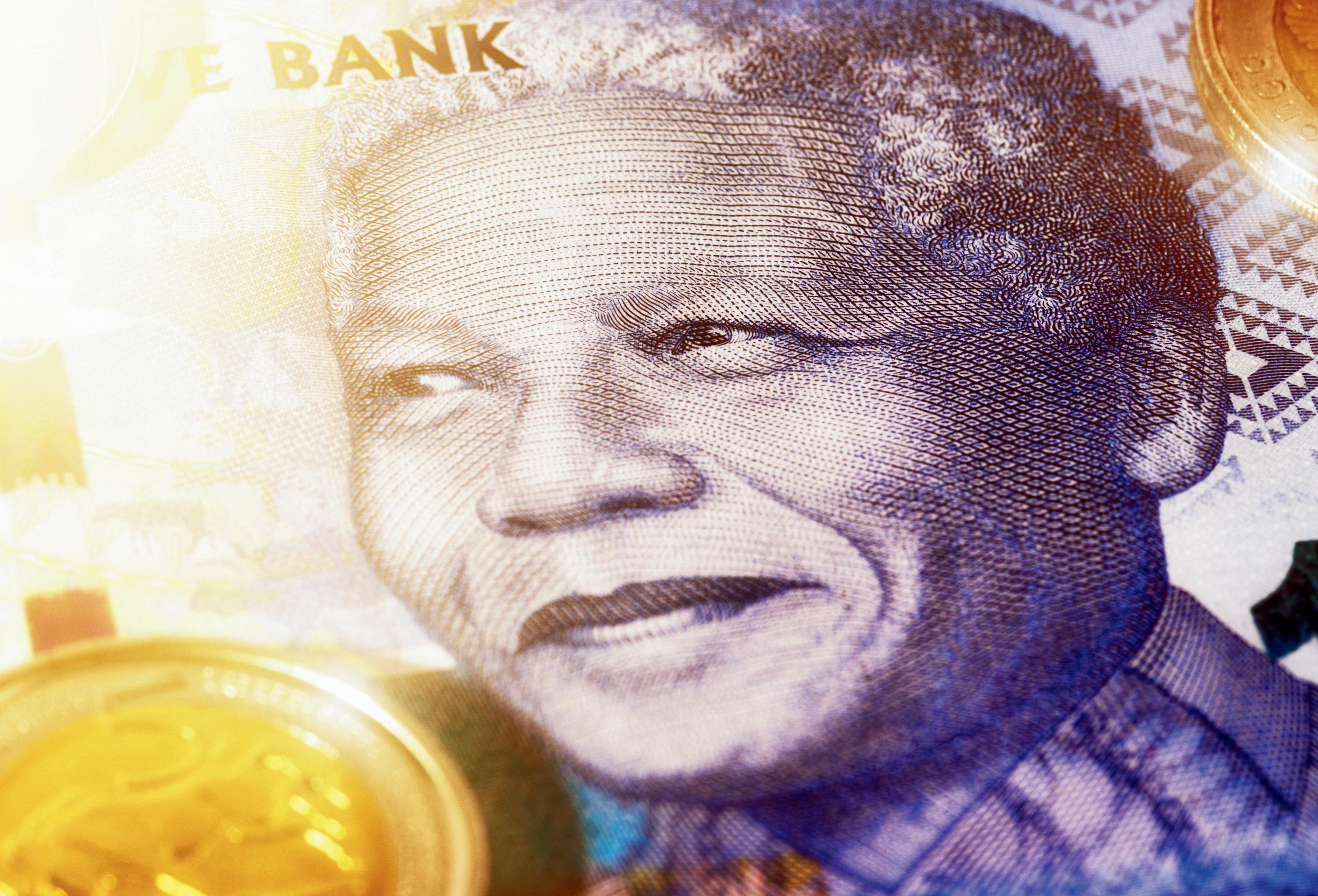
The U.S.-South Africa face-off is laced with historical paradox. During apartheid, America labeled Mandela a terrorist and vetoed UN sanctions against Pretoria, while Israel supplied the regime with arms and surveillance tech. Today, South Africa relies on Russian drones to patrol borders once surveilled by Israeli gear, and partners with Iran a fellow BRICS+ invitee to bypass U.S. oil sanctions. Even the ANC’s rhetoric mirrors its past. In 1985, ANC leader Oliver Tambo called U.S. sanctions against apartheid “too little, too late.” In 2025, President Ramaphosa dismissed Trump’s measures as “the tantrum of a fading empire.” The resilience, too, is familiar.

The rand’s 30% plunge since February triggered food inflation, and blackouts have returned with a vengeance.
The Cost of Defiance Not all South Africans applaud the defiance. The rand’s 30% plunge since February triggered food inflation, and blackouts have returned with a vengeance. Opposition leader John Steenhuisen slammed the government for “prioritizing Gaza over groceries.” Yet polls show 68% support the Palestine stance, particularly among youth who chant, *“From the river to the sea, Palestine will be free” a slogan once shouted for Mandela. For BRICS, South Africa is both asset and liability. China benefits from Pretoria’s mineral wealth but fears U.S. secondary sanctions. Russia relishes the diplomatic shield but needs South African ports to evade Western blockades. The next BRICS summit will test whether the bloc can unite beyond symbolism and create the Unbroken Chain
Whether through BRICS, Palestine, or sheer stubbornness, Pretoria has chosen a path less dependent on Western goodwill.
The greatest weapon in the hand of the oppressor is the mind of the oppressed.”* South Africa’s gamble is that minds, once freed, cannot be recolonized. Whether through BRICS, Palestine, or sheer stubbornness, Pretoria has chosen a path less dependent on Western goodwill. The tariffs may sting, but as a Durban dockworker quipped while unloading a Chinese cargo ship, *“We’ve survived worse. This time, we’re not alone.”.

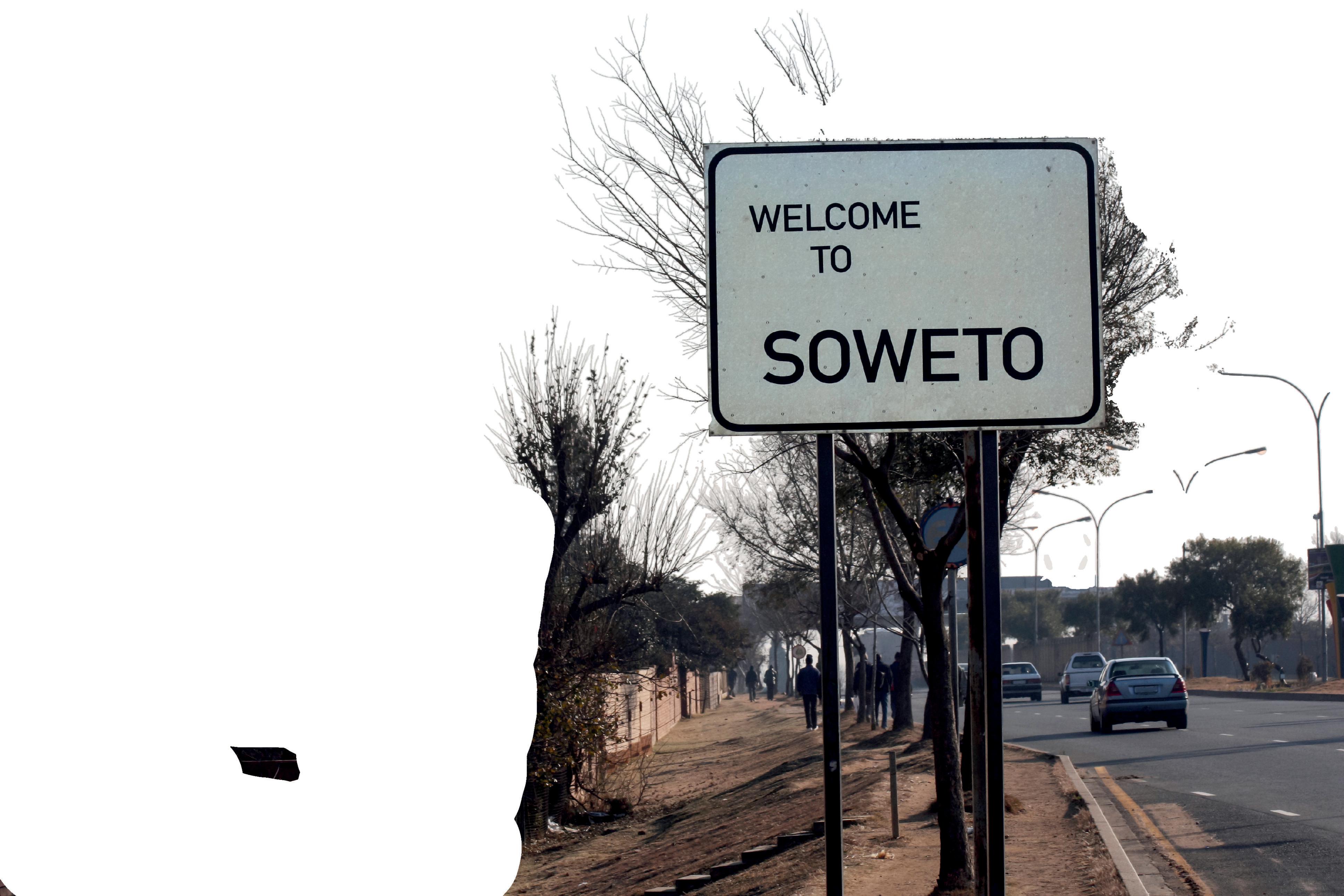

In Africa, love isn’t a destination it’s the journey through her soul.
In Africa, love isn’t a destination it’s the journey through her soul.
In Africa, love isn’t a destination it’s the journey through her soul.
Why These Escapes? Africa’s romance isn’t scripted it’s etched in sunsets over dunes, whispered through jungle canopies, and woven into the rhythms of the sea. These getaways don’t just host love; they are love raw, wild, and rooted in the land.
Spring’s Promise: Whether you’re rekindling flames or sparking new ones, let Africa’s landscapes be your cupid.




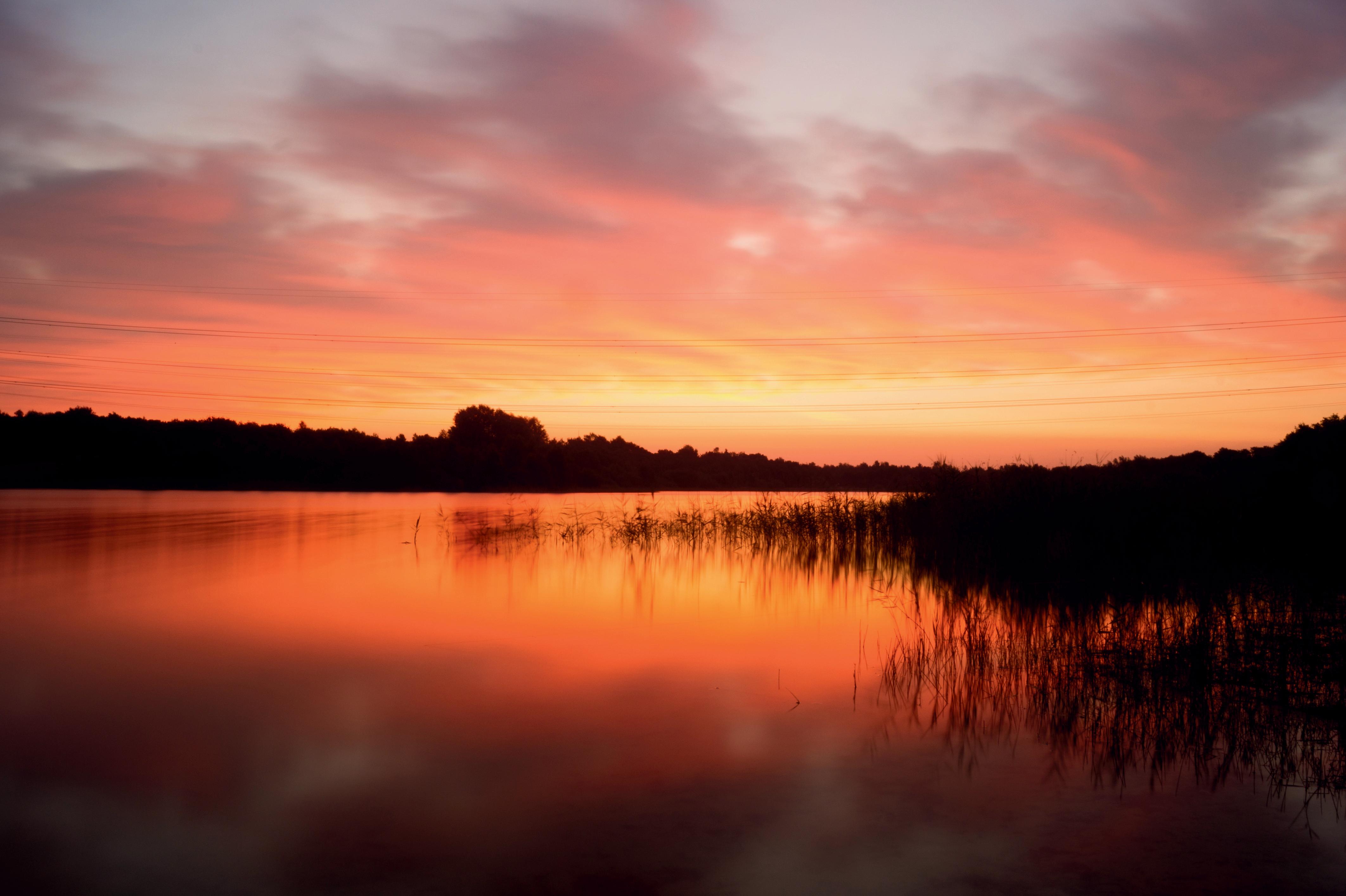
Why: For couples who believe love thrives in seclusion. This private ecolodge floats on Africa’s "Lake of Stars," where crystal waters meet untouched forests. Romantic Rituals: Kayak at dawn to a sandbank breakfast, served with freshly caught chambo fish and passionfruit mimosas. - Snorkel handin-hand through aquamarine waters, spotting cichlids in rainbow hues. - Fall asleep to the lake’s lullaby in a solarpowered treehouse, draped in billowing mosquito nets. Local Touch: The lodge’s chefs craft dinners using ingredients from the island’s permaculture garden.
Pro Tip:
Book the Mvula suite its open-air bath overlooks the Milky Way.

Why: For souls who find romance in vast, silent spaces. The Sahara’s golden dunes become a lovers’ playground each spring. Romantic Rituals: - Ride camels at sunset to a Berber-style luxury camp, where rose petals line paths to your tent. - Dine on tagine cooked in sand pits, followed by mint tea shared with nomadic storytellers. - Bathe in a starlit oasis pool, its waters warmed by the day’s sun. Local Touch: A Tuareg musician serenades you with the imzad (single-string fiddle), its melodies echoing ancient caravans.
Pro Tip
Write love notes in the sand the winds will etch them into the desert’s memory.

Why: For pairs who want their hearts to sync with nature’s rhythm. Nestled in a reclaimed volcanic crater, this lodge blends luxury with rewinding magic. Romantic Rituals: Trek through misty forests to meet mountain gorillas, their gentle eyes mirroring your bond.Share a nyampinga (local honey wine) toast by a fire pit, surrounded by 20,000 newly planted native trees. -Unwind in a nest-like villa, its circular design inspired by traditional royal huts. **Local Touch**: A Kinyarwanda poet recites verses about love and land under a crescent moon.
Pro Tip
Plant an *Entandrophragma* sapling together a living symbol of your growth.


Why: For duos who want their love to float between sea and sky. This barefoot-chic paradise offers 10km of empty beach per couple. Romantic Rituals: - Sail on a dhow at twilight, diving into bioluminescent waters that sparkle like liquid stardust.Feast on peri-peri lobster grilled over coconut husks, served on a sandbank lit by hurricane lamps. - Renew vows with a Makonde woodcarver officiating, his ceremonial mask bearing ancestral blessings. Local Touch: Spa treatments use *Moringa* and sea salt scrubs harvested by island women. Pro Tip: Forbidden to wear shoes let the island’s sands knead your soles as you wander.


When Africans talk about reparations, they are not only speaking of material compensation but of reclaiming dignity. It is about the art stolen, humanity abused, and the countless stories of beauty turned into targets. Sarah Baartman’s story epitomizes this struggle. Africans can forgive the past, but forgetting the depth of what has been taken is not as simple. So, when Africans demand reparations, it is essential to understand the profound “why” behind it. The tale of Sarah Baartman paints a vivid picture of why the West must listen and act. History teaches us if we are willing to learn. Let us travel back in time.
She was more than a muse; she was a queen in her own right,
From the land that dazzles under golden sunlight, where the vast, open skies meet the rich, fertile earth of the Eastern Cape, there emerged a young woman whose beauty rivaled the splendor of the African dawn. Sarah Baartman, a radiant daughter of the Khoikhoi, carried the spirit of her ancestors in her every step. She was more than a muse; she was a queen in her own right, embodying the grace and strength of her people. Her story, however, would become both a tragedy and a testament to resilience.
In 1810, Sarah’s life took an unexpected turn. Lured by the promises of fortune and a new life. She seized from her homeland by white traders who saw in her not her humanity but an opportunity for exploitation. In Sarah Europe, where she became the centerpiece of degrading exhibitions. In London, and later Paris, she was displayed as the “Hottentot Venus,” a human spectacle for colonial audiences hungry for the exotic. Her figure, celebrated at home for its natural beauty, was distorted into a caricature by those who sought to profit from her presence.

White women, inspired by her silhouette, adopted corsets that strained to imitate her natural shape.

But Sarah was more than the object of their gaze. Her body her curves and proportions sparked a fashion revolution in Europe. White women, inspired by her silhouette, adopted corsets that strained to imitate her natural shape. Even as they demeaned her, they coveted her essence, unknowingly acknowledging the power of African beauty. Sarah’s years in Europe were marked by profound loneliness and suffering. Stripped of her identity and surrounded by mockery, she lived and died far from the Eastern Cape that nurtured her spirit. In 1815, she passed away in Paris, her dreams extinguished but her legacy quietly smelled. Even in death, her dignity was denied. Her body became a curiosity for French scientists who dissected and displayed her remains, reducing her vibrant life to an artifact.


For nearly 200 years, Sarah’s remains languished in a museum, a haunting reminder of colonial cruelty. But her story did not end there. The people of South Africa, fueled by a fierce determination to honor her memory, fought for her return. In 2002, after years of activism and negotiation, Sarah Baartman came home. Her remains are laid to rest in the Eastern Cape, where the winds carry the whispers of her ancestors, and the land remembers her name.
Today, Sarah Baartman is more than a symbol of past injustices; she is a beacon of African pride and resilience. Her story is a call to reclaim the narratives of African women, to celebrate their beauty, strength, and contributions to the world. Beneath the endless skies of the Eastern Cape, her spirit rises anew, reminding us that even in the face of unimaginable suffering, dignity and legacy endure. When Africans demand reparations, Sarah’s journey underscores the necessity of listening. Reparations are not merely about restitution; they are about acknowledgment and respect. They are about dismantling the lingering structures of exploitation and building a future where stories like Sarah’s are not just remembered but revered. They are about ensuring that the beauty, resilience, and dignity of Africa are honored and never again subjected to erasure.


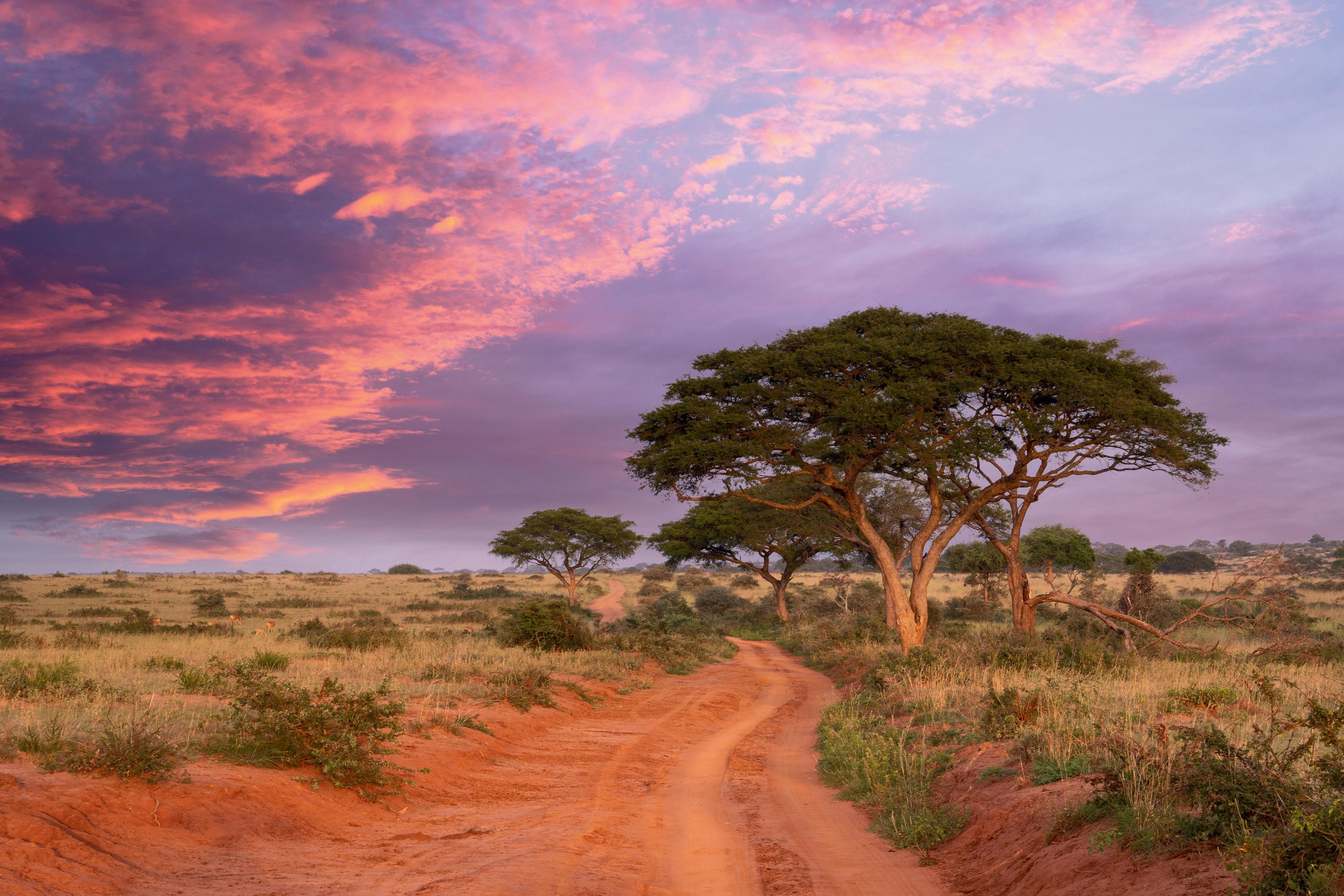

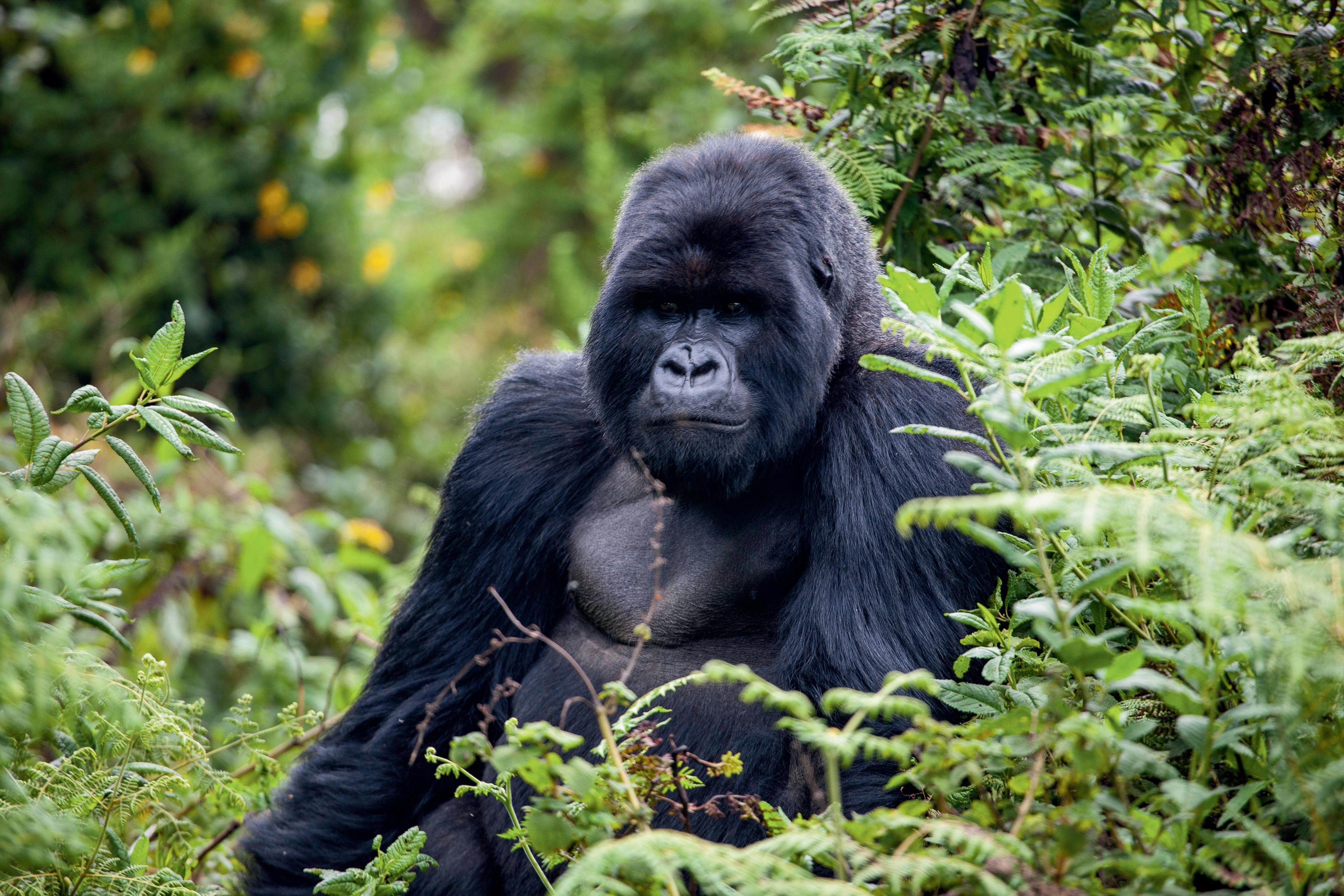
Music has always been a universal language, a force that transcends borders, cultures, and histories. Few understand this as profoundly as Ehab Abasaeed, one of Sudan’s most renowned music producers. In an exclusive interview with People of Africa, Ehab delves into the transformative power of music, its potential to heal, and its unique role in uniting Africa.

When asked about music as a tool for healing and promoting peace, particularly in conflict-affected regions like Sudan and Congo, Ehab was thoughtful. “Music is vital to any healing process,” he began. “It brings memories both good and bad but it also empowers. Music connects us emotionally, and emotion is what sets us apart as humans. For Congolese and Sudanese people, music can serve as a balm for wounded souls, offering moments of reflection on better times and hope for brighter futures.”
Ehab’s passion for unity was evident when we asked him how music could bridge cultural and linguistic divides across Africa.
“As a Muslim, I believe that God created different tribes and languages so we could learn from each other and celebrate our uniqueness,” he said. “Music is like cooking with diverse ingredients, you create something extraordinary. Similarly, our languages and cultures are not barriers but advantages. When we mix these elements, we create something powerful and uniquely African.”
The producer emphasized the unifying language of music, saying, “Through music, we can stop wars and foster understanding. Instead of focusing on our differences, we should celebrate what we share. This common ground can connect us and remind us of our worth as a united people.”
Ehab reminisced about the legendary anthem We Are the World,
a global effort by American artists to raise awareness and funds for Ethiopia during a time of crisis. When asked if it’s time for Africa to produce a similar unifying anthem, his face lit up with a smile. “I’d love to take on such a project,” he said. “It would be challenging, but I’m ready to pour my heart into creating a song that represents Africa’s spirit.”
Ehab envisions a project that brings together Africa’s linguistic diversity featuring English, Arabic, Swahili, French, and even local dialects to create a song that resonates deeply with the continent’s soul. “This song would celebrate Africa’s beauty, its landscapes, its cultures, and, most importantly, its people,” he explained.
The producer imagines assembling a dream team of artists: three musicians from each region North, East, South, and West Africa to collaborate on a pan-African anthem. “Africa’s richness lies in its diversity, from the rhythms of Amapiano and Afrobeat to Bongo Flava and Raï. Combining these sounds would create something the world has never seen before,” he enthused.
Ehab’s vision isn’t limited to the song alone. He pictures a music video that showcases Africa’s breathtaking landscapes, vibrant cultures, and the resilience of its people. “I see it so clearly in my mind a celebration of everything that makes Africa extraordinary. I can’t wait to bring it to life,” he said, his face glowing with excitement.
However, Ehab is candid about the challenges ahead. Funding and collaboration are critical to making this vision a reality. “If I had the resources, I’d start this project in a heartbeat,” he said. “I want to bring the best of Africa together in one room and create something unforgettable.” As our conversation drew to a close, Ehab left us with a heartfelt plea. “If anyone out there shares this dream, let’s collaborate.
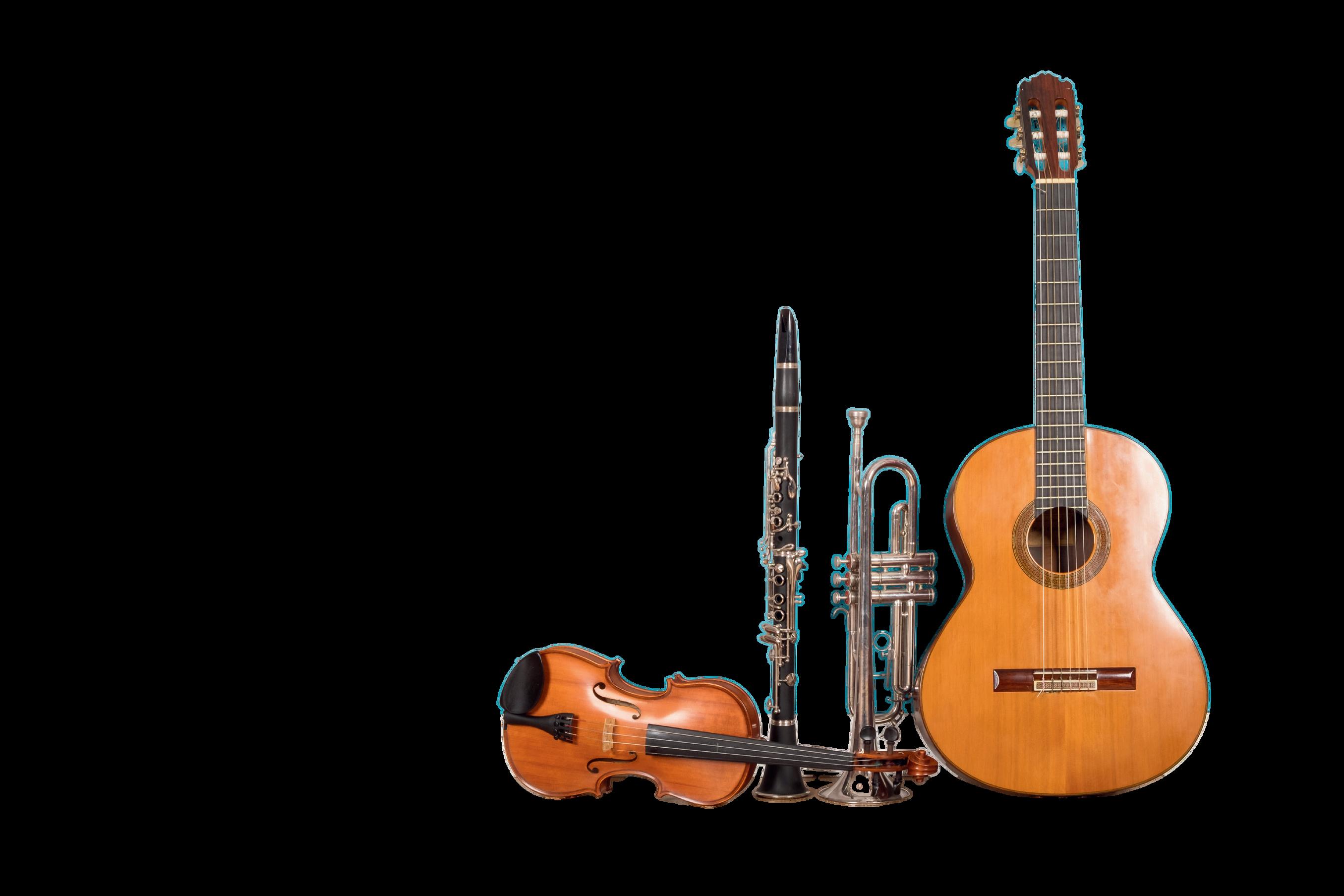
Let’s make an anthem that not only heals but also inspires. Africa needs it, and the world is ready for it.” At People of Africa, we extend our deepest gratitude to Ehab Abasaeed for sharing his vision and passion. A proud son of Sudan a land of ancient pyramids and enduring spirit Ehab reminds us of the power of art to unite and uplift.
Africa’s future is as bright as its melodies. If you’re inspired by Ehab’s dream, let’s come together to create a soundtrack for a new era of unity, hope, and healing. Thank you for being part of the People of Africa family.
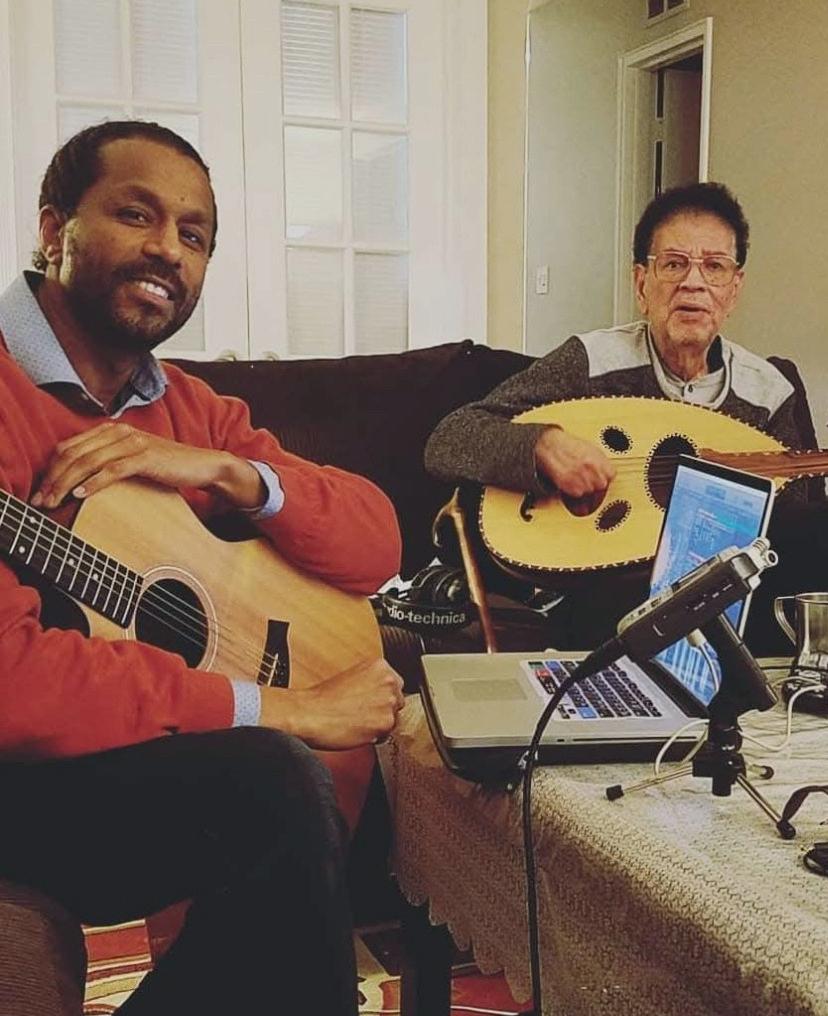

A Diplomatic Storm in a Tea Cup In the hushed corridors of global diplomacy, where words are often cloaked in velvet, South Africa’s Ambassador to the United States, Ibrahim Rasool, chose a different fabric. When he called the "Make America Great Again" (MAGA) movement a "white supremacist relic" during a panel at Howard University, he ripped open a seam the Trump administration had long stitched shut. The response was swift, blunt, and quintessentially Trumpian: Senator Marco Rubio declared Rasool *persona non grata on X, branding him a "race-baiting politician who hates America." With those keystrokes, Rasool joined a growing list of global voices deemed inconvenient to Washington’s new order a list written not in ink, but in exclusion. This is not merely a diplomatic spat. It is a window into the soul of an administration that wields retaliation as policy and silence as a weapon. To understand its implications, one must trace the arc of history from the scars of apartheid to the unyielding echoes of Ubuntu: "I am because we are."
The Weight of Words, the Shadows of History Ibrahim Rasool is no stranger to the politics of resistance. A veteran of South Africa’s antiapartheid movement, he cut his teeth in the fiery debates of Cape Town’s townships, where calling a spade a spade was a matter of survival. His critique of MAGA was rooted in a lineage of defiance one that stretches from Steve Biko’s Black Consciousness to Nelson Mandela’s unshakable belief that "to be free is not merely to cast off one’s chains, but to live in a way that respects the freedom of others." Yet in Trump’s America, such candor is treason. The MAGA movement, born in the fever dreams of 2016, has long been accused of courting white nationalist rhetoric. From Charlottesville’s "Unite the Right" rally to the January 6 insurrection, its symbols the Confederate flag, the "thin blue line" have become global shorthand for racial division. Rasool’s sin was not invention but identification: he named the specter haunting America’s halls of power.

“The retaliation was predictable. Since 2024, the Trump administration has expelled three Latin American diplomats for criticizing its border policies, sanctioned a Swedish climate envoy over "anti-oil propaganda," and now, exiled Rasool for refusing to blur the lines between patriotism and prejudice. This is diplomacy as performance art a stage where dissent is heckled into silence. The Blueprint of Retaliation To grasp the Rasool affair is to dissect the Trump playbook: isolate, intimidate, inflame.
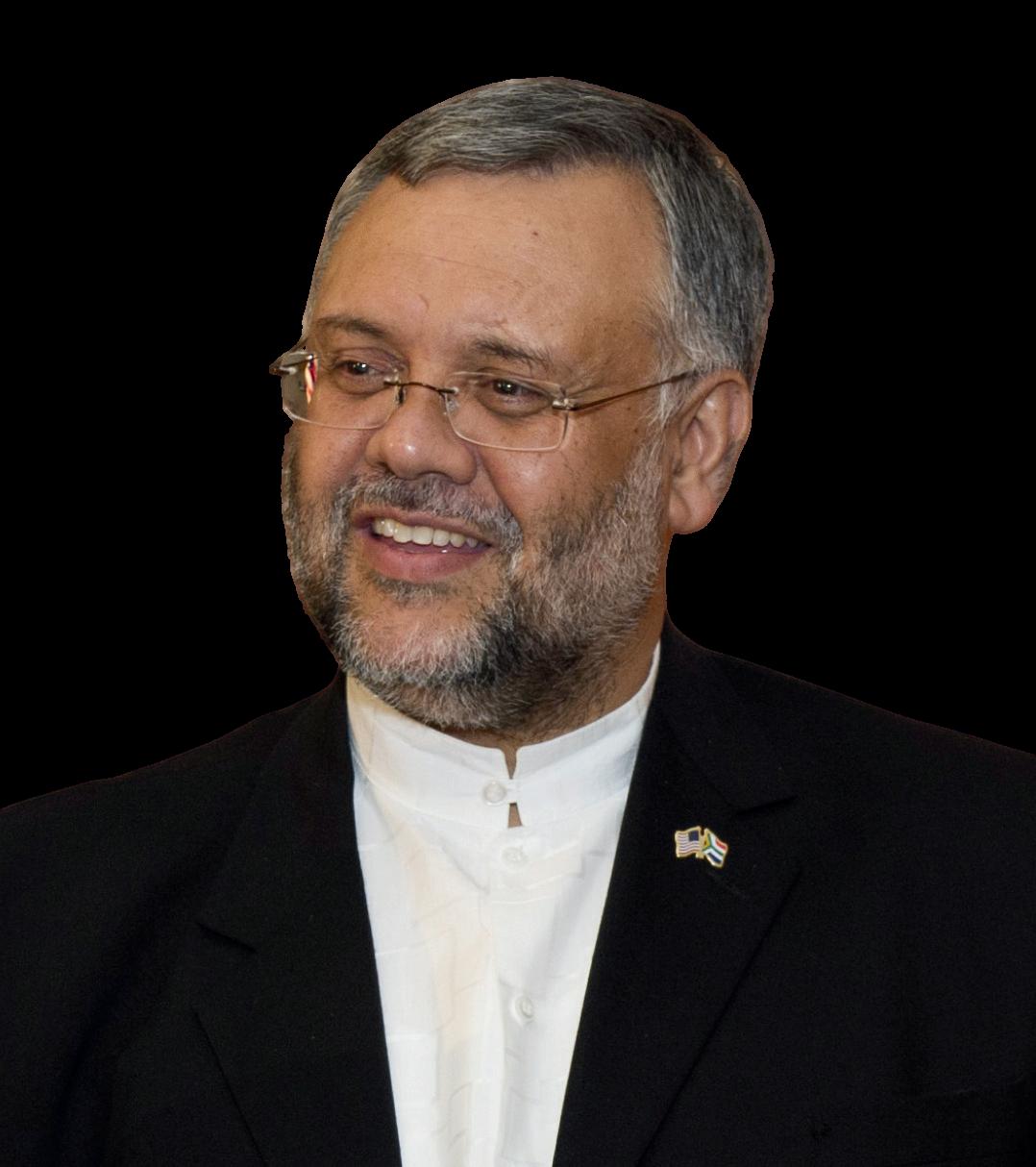
The Blueprint of Retaliation To grasp the Rasool affair is to dissect the Trump playbook: isolate, intimidate, inflame.

Severing their access to decisionmakers. In Rasool’s case, the move undermines South Africa’s ability to negotiate on issues from trade to climate reparations.

2. After Rubio’s tweet, Kenya’s ambassador to the UN quietly deleted a post comparing MAGA to colonialera oppression.

rallying a base that thrives on us-versus-them nationalism. But beneath the theatrics lies a brittle calculus. By expelling Rasool, the administration risks alienating a nation pivotal to U.S. interests in Africa a continent where China and Russia deepen ties daily. South Africa, after all, hosts over 600 U.S. corporations, supplies 40% of America’s platinum, and anchors the African Continental Free Trade Area (AfCFTA)
Yet Trump’s team, like colonial cartographers of old, seems convinced the map is more valuable than the territory. The Ironies of History The Rasool incident drips with historical irony. In 1986, Ronald Reagan vetoed sanctions against apartheid South Africa, dismissing Mandela’s ANC as "terrorists." Today, a Black South African diplomat is ostracized for echoing Mandela’s creed: *"A nation should not be judged by how it treats its highest citizens, but its lowest."* Even the term *persona non grata* carries colonial residue. Coined during Europe’s 19thcentury scramble for Africa, it was used to banish leaders who resisted extraction figures like Congo’s Patrice Lumumba or Ghana’s Kwame Nkrumah. Now, as then, the label seeks to erase inconvenient truths. Africa’s Response: Unity or Silence? The question now is not how Washington will act, but how Africa will react. Will the African Union rally behind Rasool, invoking the spirit of Bandung and the Non-Aligned Movement? Or will nations retreat into cautious neutrality, fearing economic reprisals? Early signs are mixed. Nigeria’s Foreign Ministry called the expulsion "regressive," while Botswana praised Rasool’s "courage." Yet private cables reveal anxiety among smaller states dependent on U.S. aid. The AU’s silence, so far, speaks volumes. But history offers a compass. In 1963, as apartheid tightened its grip, Ethiopia’s Haile Selassie told the UN: "Until the philosophy which holds one race superior and another inferior is finally discredited and abandoned, everywhere is war." Six decades later, the war rages on social media, in diplomatic backrooms, and in the hearts of those who refuse to let empathy expire. .
The Road Ahead As the Trump administration reshapes global diplomacy into a zero-sum game, Africa faces a choice: adapt or redefine. Adapting means muting its voice, trading principles for pragmatism. Redefining means building alliances beyond the West through BRICS, the AfCFTA, and partnerships rooted in reciprocity, not subjugation. South Africa, bruised but unbroken, has already signaled its path. Hours after Rasool’s expulsion, Pretoria announced a $1 billion deal with Indonesia to bypass the dollar in coal trades. "We will not be gagged," said President Cyril Ramaphosa, channeling the defiance of his predecessor, Mandela. In the end, this is not about one ambassador or one administration. It is about who holds the pen that writes history and whether that pen can ever truly silence a continent that has mastered the art of rising, again and again, from the ashes of erasure.

We will not be gaggedPresident Cyril Ramaphosa


Africa : The land with millions stories to tell
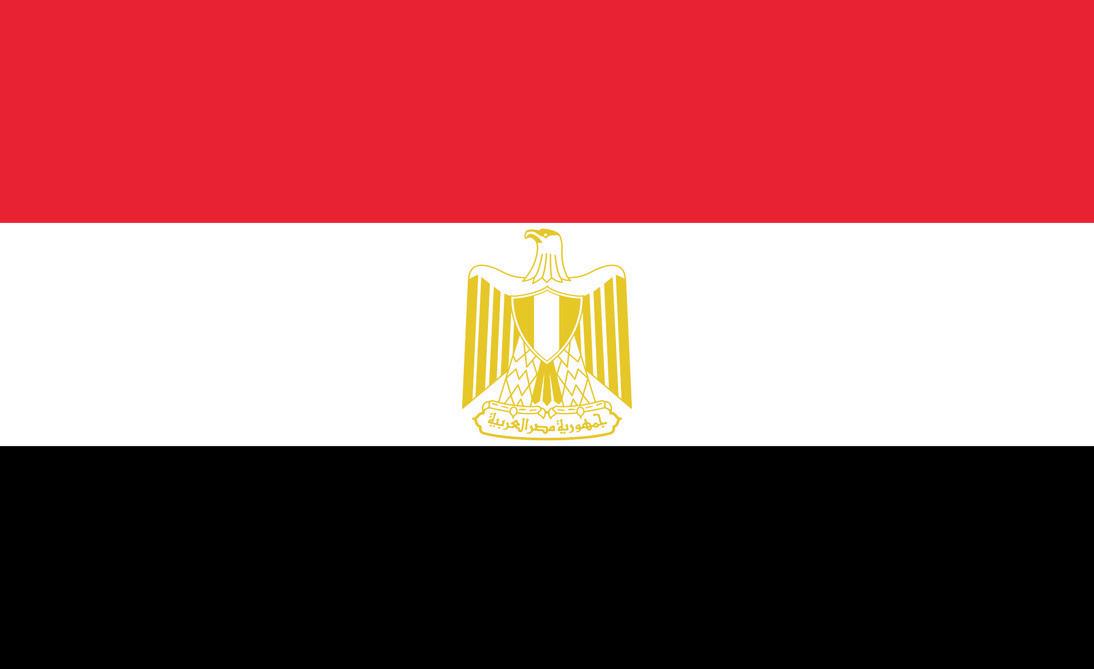

Beneath the Gaze of Ancient Pyramids The Nile has borne witness to empires, plagues, and miracles. It carried the papyrus scrolls of physicians who first documented the chills and fevers that haunted Egypt’s children for millennia. Today, its waters whisper a new truth: malaria, the ancient specter that outlived pharaohs and conquests, has finally met its match. In a proclamation that echoes across deserts and deltas, the World Health Organization (WHO) has certified Egypt as malaria-free a triumph of science, sweat, and unyielding will. For a nation whose history is etched in stone, this milestone is written in something far more enduring: the breath of its people.A Scourge as Old as Civilization Malaria’s roots here run deeper than the foundations of Luxor. Medical papyri from 1500 BCE describe ailments eerily mirroring its symptoms cyclic fevers, trembling limbs, the pallor of death. The disease stalked farmers along the Nile’s fertile banks, felled laborers building the pyramids, and lingered like a curse through Ottoman rule and British occupation. But Egypt, a land where the sun god Ra vanquished darkness each dawn, refused to surrender. In 1940, as war ravaged Europe, Cairo launched its first coordinated assault: the Malaria Control Program. Teams armed with DDT and determination fanned out across villages, draining swamps, spraying homes, and teaching mothers to shield their children beneath mosquito nets. Progress was slow, stubborn.
By the 1980s, cases had dwindled to hundreds then stalled. “We were so close,” recalls Dr. Laila Kamal, 89, a pioneer of Egypt’s malaria wars. “But the last mile is always the longest.” -The Final Battle: Science and Sovereignty The turning point came not with a single tool, but a tapestry of them. Satellite mapping pinpointed mosquito breeding grounds in the Delta’s labyrinth of canals. Rapid diagnostic kits reached clinics in distant oases. Community health workers, often women like 32-year-old Fatima Hassan, became sentinels. “We tracked every fever, tested every case,” says Hassan, who logged 12,000 miles on a rickety motorbike. “Malaria had nowhere to hide.”
Crucially, Egypt wove its fight into the fabric of daily life. Imams preached prevention in Friday sermons. Schoolchildren drew posters of mosquitoes circled in red slashes. And in 2018, the country recorded its last indigenous case a farmer in Qena treated within hours. A Beacon for the Continent On a crisp March morning in Geneva, WHO Director-General Dr. Tedros Adhanom Ghebreyesus clasped the hands of Egypt’s Deputy Prime Minister, Dr. Khaled Abdel Ghaffar, and declared: “Today, the land of the pharaohs becomes the land of pioneers.” Egypt now stands as the third malaria-free nation in the WHO Eastern Mediterranean Region, joining Morocco and the UAE and the most populous globally to achieve this feat. Yet the real victory lies in the blueprint it offers Africa.



The Dance of the Dust In Kinshasa, where the Congo River carves its ancient path, a boy named Tshimanga kicks a mango pit across a patchwork pitch of red earth and discarded tires. His eyes gleam with the reflection of a dream: to wear the *Leopards* jersey, to score under the searing AFCON sun. Across the Atlantic, in the manicured stadiums of Europe, his idols Mané, Salah, Osimhen are hailed as kings. But when the drums of AFCON sound, these kings shed their crowns and return, not as mercenaries, but as warriors answering a call older than colonialism.



Jamie Carragher, the Liverpool legend (own goals) turned pundit, recently called this homecoming a “distraction,” dismissing the Africa Cup of Nations (AFCON) as a tournament lacking the “prestige” of Europe’s Euros or South America’s Copa América. His words, steeped in the myopia of a continent that has long pilfered Africa’s riches, reveal a truth sharper than a thorns: Football’s soul resides in the soil it springs from.
The Roots of the Game AFCON is not merely a tournament. It is a rebellion. Born in 1957, the same year Ghana shook off colonial chains, it was conceived as a celebration of African autonomy. While Europe’s leagues built empires on African talent, AFCON became a sanctuary where skill was not commodified but consecrated.

The tournament’s golden trophy, shaped like a calabash, overflows with stories: of Zambia’s 2012 triumph, a nation healing after a plane crash claimed its heroes; of



Carragher’s critique of AFCON’s “disruption” ignores another figure: €500 million the estimated revenue European clubs lose biennially when African stars
Bayern Munich’s panic over Mané’s 2023 AFCON duty, or PSG’s pleas for Achraf Hakimi to skip the 2025 edition, betray a truth. Europe’s leagues, built on African labor, fear the power of a continent reclaiming its sons.
The Rhythm of Resistance AFCON dances to a different beat. Its matches unfold not in sterile arenas, but in cauldrons of sound Algeria’s *Raï* anthems, Senegal’s *tama* drums, Nigeria’s pulsing Afrobeats. In Abidjan, fans draped in *kente* and *ankara* transform stands into kaleidoscopes, their chants a liturgy: *“We play not for empires, but for
The tournament’s Africa’s calm wether season scheduling, maligned by European managers, is no accident. It is a deliberate defiance, a reminder that African time cannot be colonized. While Europe’s football machine grinds through winter, AFCON ignites a flame that warms the soul of a continent. .
The Ballon d’Or’s Blindness The Ballon d’Or, gilded and glib, has long mirrored Europe’s gaze. Didier Drogba, who ended civil wars with his goals, never graced its podium. Nwankwo Kanu, who turned matches into art, was deemed “too whimsical.” Even Riyad Mahrez, whose silken feet orchestrated Leicester’s fairy tale, remains a footnote. Yet in Bamako, Lagos, and Dakar, the Ballon d’Or is not a measure of greatness. It is the child in a Cairo slum who stitches “Salah” onto his jersey with threadbare pride. It is the grandmother in Harare who prays for Khama Billiat’s safety, not his accolades.

The Baobab’s Shadow** As Carrag her’s words fade into the echo chamber of Eurocentric punditry, Africa’s answer grows louder. In Algiers, a mural of Mahrez kissing the AFCON trophy towers over streets once scarred by protest. In Lagos, a new generation chants *“Osimhen!*” as if his name alone can conjure miracles. The baobab, ancient and unyielding, does not beg for recognition. It stands, roots deep in the earth, offering shade to all who seek it. AFCON, too, needs no validation. For in its shadow, a boy like Tshimanga learns this truth: To play for Africa is to touch eternity Fact Check AFCON 2023 24 teams competed; 54 goals scored, 40% by Europe-based players. - **Economic Impact**: Premier League clubs lost €120M in potential revenue during AFCON 2023. Ballon d’Or: 67 years, 1 African winner. Salah has 3 Golden Boots, 0 Ballons d’Or.
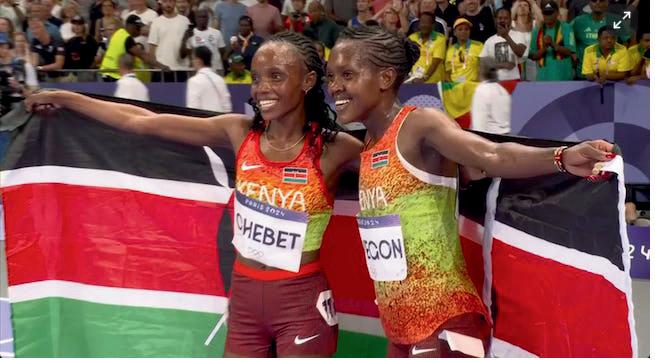
At dawn, the mist clings to the slopes of Kenya’s Rift Valley like a shroud. Here, in the highlands of Iten and the plateaus of Bekoji, Ethiopia, children run to school *10 kilometers uphill, barefoot*. They chase goats, fetch water, and race the sunrise, their lungs burning with air thin enough to starve the uninitiated. By adulthood, their bodies are forged not in gyms, but by the land itself. This is the cradle of distance running, where the earth breeds champions as naturally as it grows acacia trees. Kenya and Ethiopia dominate over 60% of global marathon wins and hold 80% of the men’s and women’s world records** from 5,000 meters to the marathon. But their supremacy is no accident. It is a saga of altitude, ancestry, and defiance.
*The story begins in 1960, when Abebe Bikila, an Ethiopian guard to Emperor Haile Selassie, stunned the world by winning the Rome Olympics *barefoot*. His victory, a defiant rebuke to Italy’s colonial occupation of Ethiopia, ignited a fire. Eight years later, Kenya’s Kipchoge Keino outran American Jim Ryun in Mexico City’s thin air, despite a gallstone attack. His gold medal became a metaphor: Africa would no longer lag behind. By the 1980s, the Kalenjin people of Kenya’s Rift Valley a tribe representing just 0.06% of the global population began a reign so total that scholars coined the Kalenjin Enigma. They now hold 40% of all major distance-running titles. Ethiopia answered with legends like Haile Gebrselassie and Kenenisa Bekele , whose 27 world records redefined human endurance. -
Altitude: At 2,000–2,500 meters above sea level, the Rift Valley’s thin air forces the body to produce more red blood cells, boosting oxygen efficiency. Studies show runners training here gain a 3–5% performance edge enough to crush competitors. Genetics: Research on Kalenjin athletes reveals a unique ACTN3 gene variant, linked to endurance, and slender calf muscles that reduce energy expenditure. The Oromo people of Ethiopia share similar biomechanical advantages: long limbs, light frames, and a stride efficiency likened to “cheetahs in sneakers.” Culture: In Bekoji, Ethiopia, children idolize runners, not pop stars. The town of 17,000 has produced * 2 Olympic medalists “Here, running is not a sport. It’s a passport,” says Coach Sentayehu Eshetu, mentor to Olympic gold medalist Tirunesh Dibaba.

Behind the glory lies a stark paradox: Africa’s runners fuel a $30 billion global sports industry but rarely reap its rewards. Nike, Adidas, and NN Running Team sign Kenyan and Ethiopian athletes to contracts worth millions but invest little in local infrastructure. Only 5% of sponsorship money reaches grassroots programs. Agent Predation: Unscrupulous managers take up to 40% of athletes’ earnings, leaving stars like 2013 London Marathon winner Priscah Jeptoo bankrupt. Race Exodus: Europe and the Gulf poach talent with cash incentives. Qatar’s “Project Breakthrough” lured 50 Kenyan runners by 2024, stripping national teams of stars. “We are mined like cobalt,” says former marathon world record-holder Wilson Kipsang. “They take our speed but leave our villages in
The duopoly faces threats. Uganda’s Joshua Cheptegei reigning 5,000m and 10,000m world record-holder, trains in Kapchorwa—a region mimicking the Rift’s altitude. Tanzania’s Alphonce Simbu, 2024 Tokyo Marathon silver medalist, hails from the foothills of Mount Kilimanjaro. Even South Sudan, ravaged by war, has produced Olympians like Abraham Guem, who fled conflict to chase records. “Kenya and Ethiopia woke the world to African running,” says Cheptegei. “Now we all want a piece of the track.

To sustain dominance, Kenya and Ethiopia are fighting back:Kenya’s Anti-Doping War: After 65 athletes were banned (2016–2024), the government launched TrackNet, a $10M program testing elite runners monthly. Ethiopia’s Tech Revolution: AI-powered training apps analyze gait and nutrition for teens in Addis Ababa’s slums. - Grassroots Revival: The Kip Keino Classic in Nairobi and Great Ethiopian Run in Addis Ababa now rival Diamond League meets, offering $500K prize pools. Yet the soul of the sport remains in places like Iten’s Kamariny Stadium, where goats graze the track at dusk, and barefoot kids sprint past Olympic billboards
Fact Box: - Kenya’s Medal Haul: 113 Olympic medals (96 in athletics). - Ethiopia’s Records: 27 world records since 1990.
Economic Impact: Athletics contributes 4% to Kenya’s GDPAltitude Advantage: Rift Valley runners have a 15% VO2 max edge over sea-level athletes
In the end, the secret is no secret at all. It’s in the rhythm of feet pounding red earth, the gasp of air at 2,500 meters, the unyielding belief that a child who runs 10 kilometers for water can run 42 kilometers for gold. As the sun sets over the Rift, Coach Patrick Sang, mentor to Eliud Kipchoge, whispers a mantra: *“We don’t chase records. We chase the horizon.”* For Kenya and Ethiopia and the world chasing them the horizon has never looked so far, nor so bright.



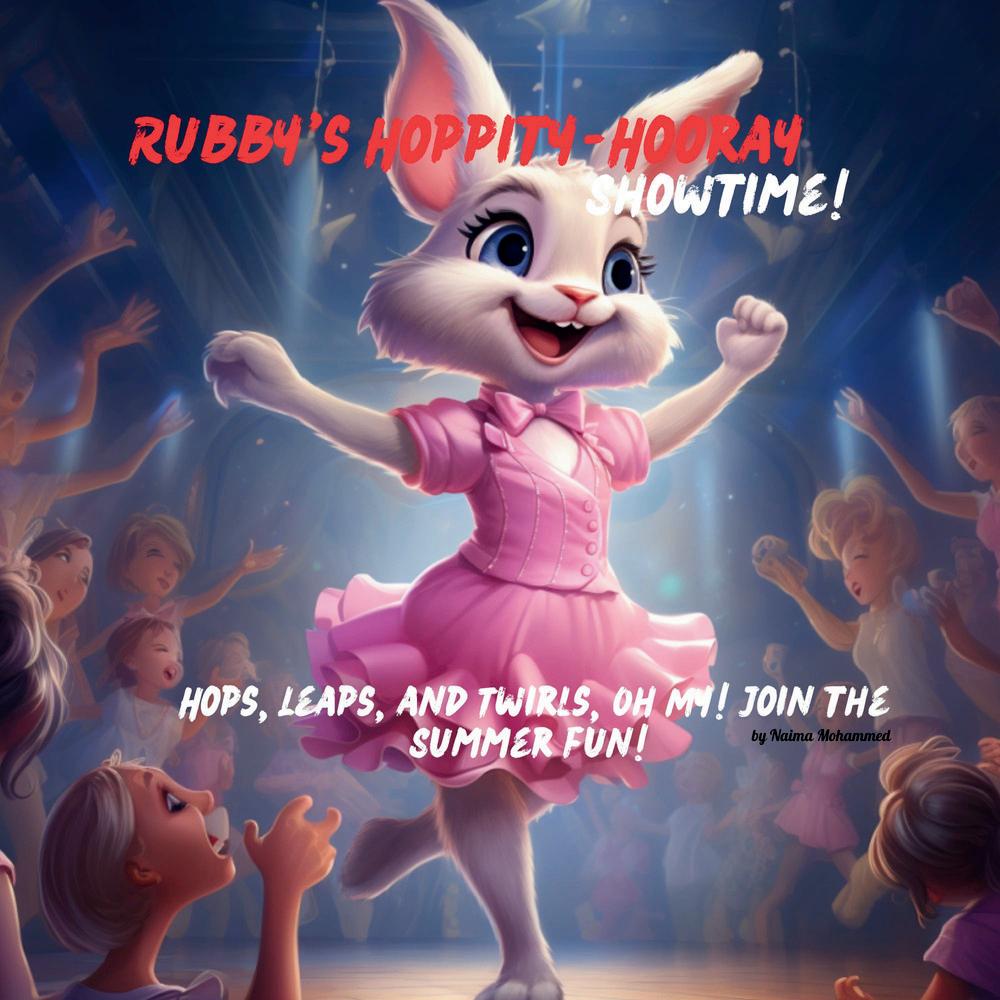



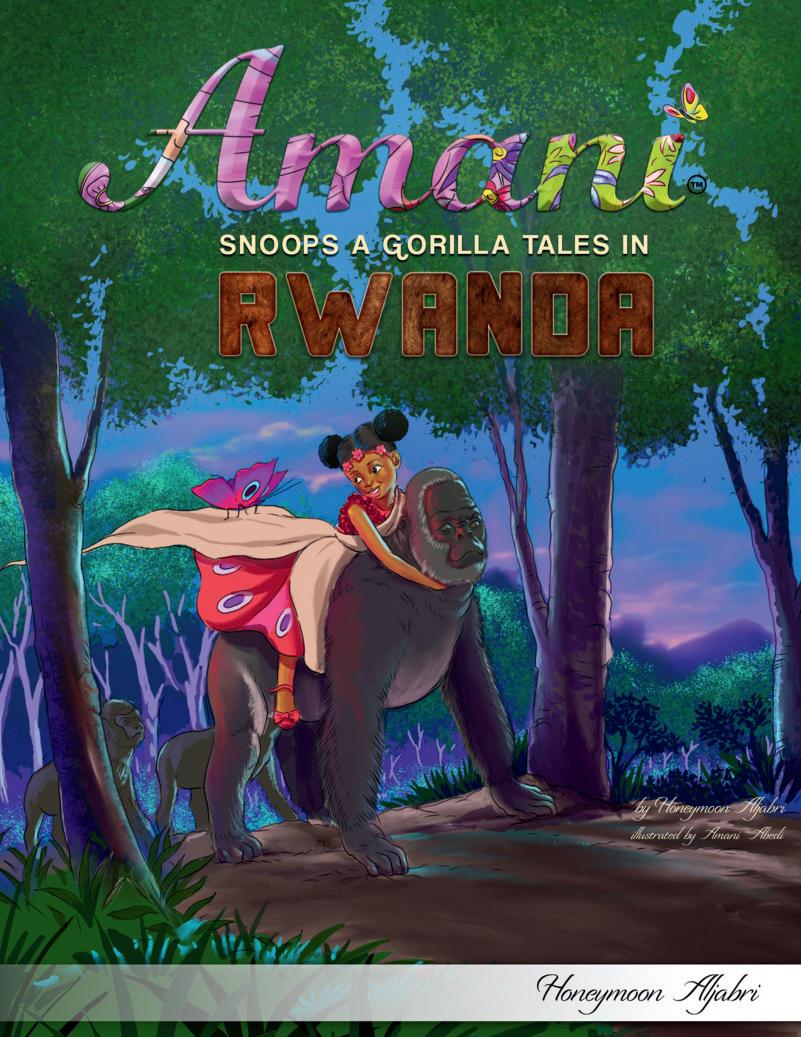


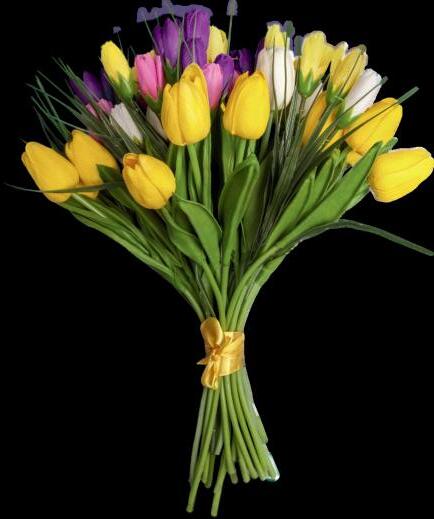
Let us celebrate their triumphs, learn from their struggles, and pay tribute to their unwavering dedication to making Africa and the world a better place. To Our Daughters of Africa: You wore crowns of thorns to plant seeds of progress. You turned palaces into platforms for the people. You taught the world that leadership is not about power it’s about purpose. Africa sees you. Africa thanks you. Africa is you. “When women lead, the earth itself rejoices.”
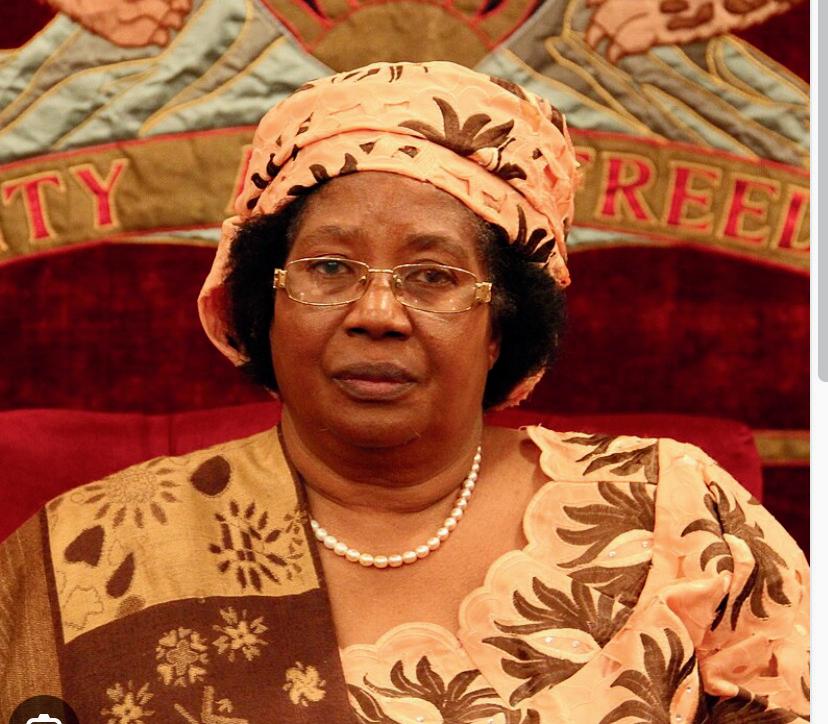




Term: 2021–Present


Tanzania’s first female president, breaking barriers in a male-dominated political landscape. Achievements: - Revived Tanzania’s COVID-19 response, promoting science after years of denial. - Reformed restrictive media laws, fostering press freedom. Pushed for regional stability as a key East African mediator. Why We’re Proud: She leads with quiet strength, showing that humility and wisdom can transform nations.

Africa’s first democratically elected female president, Nobel Peace Prize laureate, and “Iron Lady” who steered Liberia out of civil war.
Achievements: - Ended Liberia’s 14-year conflict and erased $4.6 billion in national debt. - Championed women’s rights, doubling girls’ school enrollment. - Co-founded the Ellen Johnson Sirleaf Presidential Center for Women and Development. Why We’re Proud: She turned a broken nation into a beacon of hope, proving that courage and compassion can heal even the deepest wounds

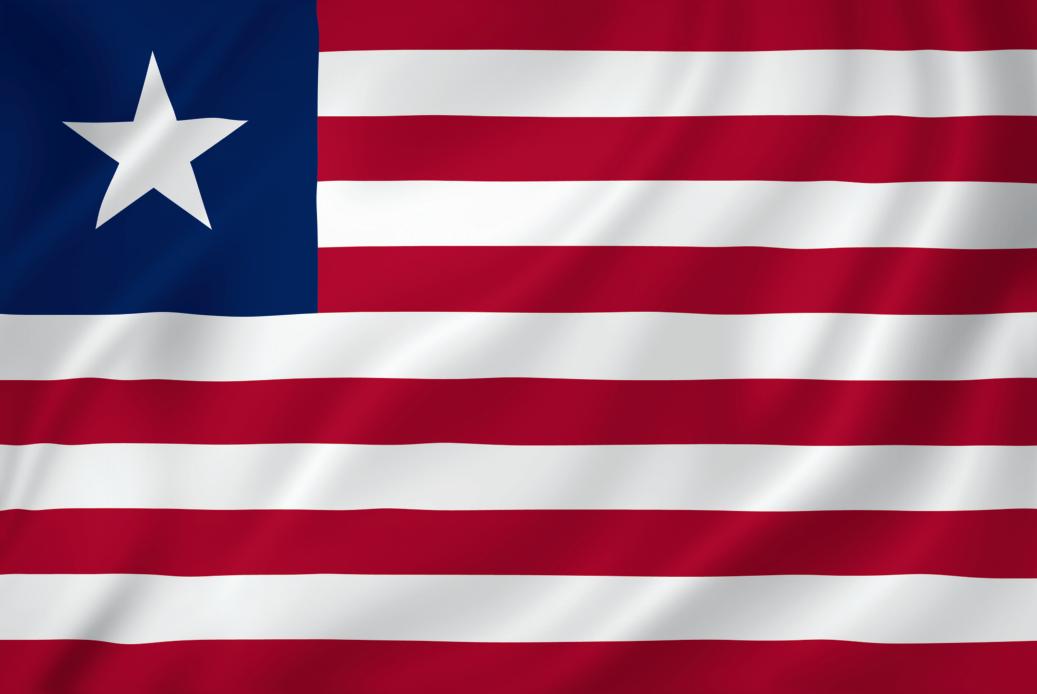


Term: 2012–2014

Malawi’s first female president and a fierce advocate for marginalized communities. Achievements: - Sold the presidential jet to fund healthcare and education reforms. Launched grassroots initiatives to empower women farmers and entrepreneurs. - Survived political persecution to remain a global voice for gender equality. Why We’re Proud: She governed with a mother’s heart, prioritizing people over power
As a busy mother, juggling work, family, and personal time can be overwhelming. Prioritizing physical care through proper nutrition and meal planning is key to staying energized and productive. This article will delve into practical meal planning tips, provide guidance on prepping and storing meals, and offer an inspiring 7-day dinner meal plan alongside delightful Sunday Spring Dinner recipes.



Energy and Productivity: A balanced diet fuels your body and mind, helping you navigate the busiest of days.
Overall Health: Proper nutrition supports your immune system, reduces the risk of chronic diseases, and promotes well-being.
Stress Management: Nutritious meals can reduce anxiety and stress, enhancing your overall mental and emotional health.
Cook large portions of staples like rice, beans, or roasted vegetables and store them in airtight containers for easy access.
Freezer-Friendly Meals: Prepare and freeze casseroles, soups, or marinated proteins to save time during busy weekdays.
Chopped Ingredients: Wash, chop, and portion out vegetables or fruits and store them in the fridge to use for quick meals or snacks.
Transform leftovers into new dishes, such as roasted chicken into chicken salad or rice into stir-fry. Freeze any extras for future use.
Dedicate 30 minutes each week to plan meals based on your family’s dietary preferences and schedule. Opt for versatile ingredients that can be used in multiple dishes, such as chicken, beans, and seasonal vegetables.
Create a grocery list based on your meal plan and stick to it to save money and reduce waste.
Shop for nutrient-dense foods like whole grains, lean proteins, and fresh produce.
Use one-pot or sheet-pan recipes to minimize cleanup.
Incorporate slow cookers or instant pots to simplify meal preparation.
Chicken Fajitas
A vibrant blend of chicken, bell peppers, and onions, seasoned with cumin and served in warm tortillas.
Prep Tip: Marinate the chicken overnight for enhanced flavor and quicker cooking.


Salmon fillets paired with a medley of seasonal vegetables.
Prep Tip: Chop veggies and portion salmon fillets in advance; store them in separate containers in the fridge.

Pasta cooked with a rich tomato sauce, infused with garlic and basil.
Prep Tip: Pre-chop onions and garlic to reduce prep time.


A hearty chili made with ground beef, beans, and warming spices. Prep Tip: Assemble all ingredients in a slow cooker the night before and refrigerate; start cooking in the morning.


Skewers of marinated chicken and colorful vegetables.
Prep Tip: Cut and marinate chicken and vegetables the day before.



Shredded chicken cooked in a flavorful sauce, served with tortillas and toppings.
Prep Tip: Prepare toppings like salsa, guacamole, and shredded cheese in advance.
Fluffy scrambled eggs paired with savory sausage and toasted bread.
Prep Tip: Pre-cook sausages and store them in the fridge for a quick reheat.


Spring is a season of renewal, bringing with it fresh, vibrant produce perfect for creating memorable meals. Below are Sunday Spring Dinner recipes to inspire your family’s table.



6 eggs
1 cup mixed spring vegetables
(asparagus, bell peppers, onions)
1/2 cup diced tomatoes
1/4 cup crumbled feta cheese
1 tablespoon olive oil
Salt and pepper to taste
1. Preheat oven to 375°F (190°C).
2. Heat olive oil in a skillet over medium heat. Add vegetables and cook until tender.
3. Whisk together eggs, tomatoes, and feta in a bowl. Pour over vegetables in the skillet.
4. Cook until edges set, then transfer skillet to the oven. Bake for 15 minutes or until golden.
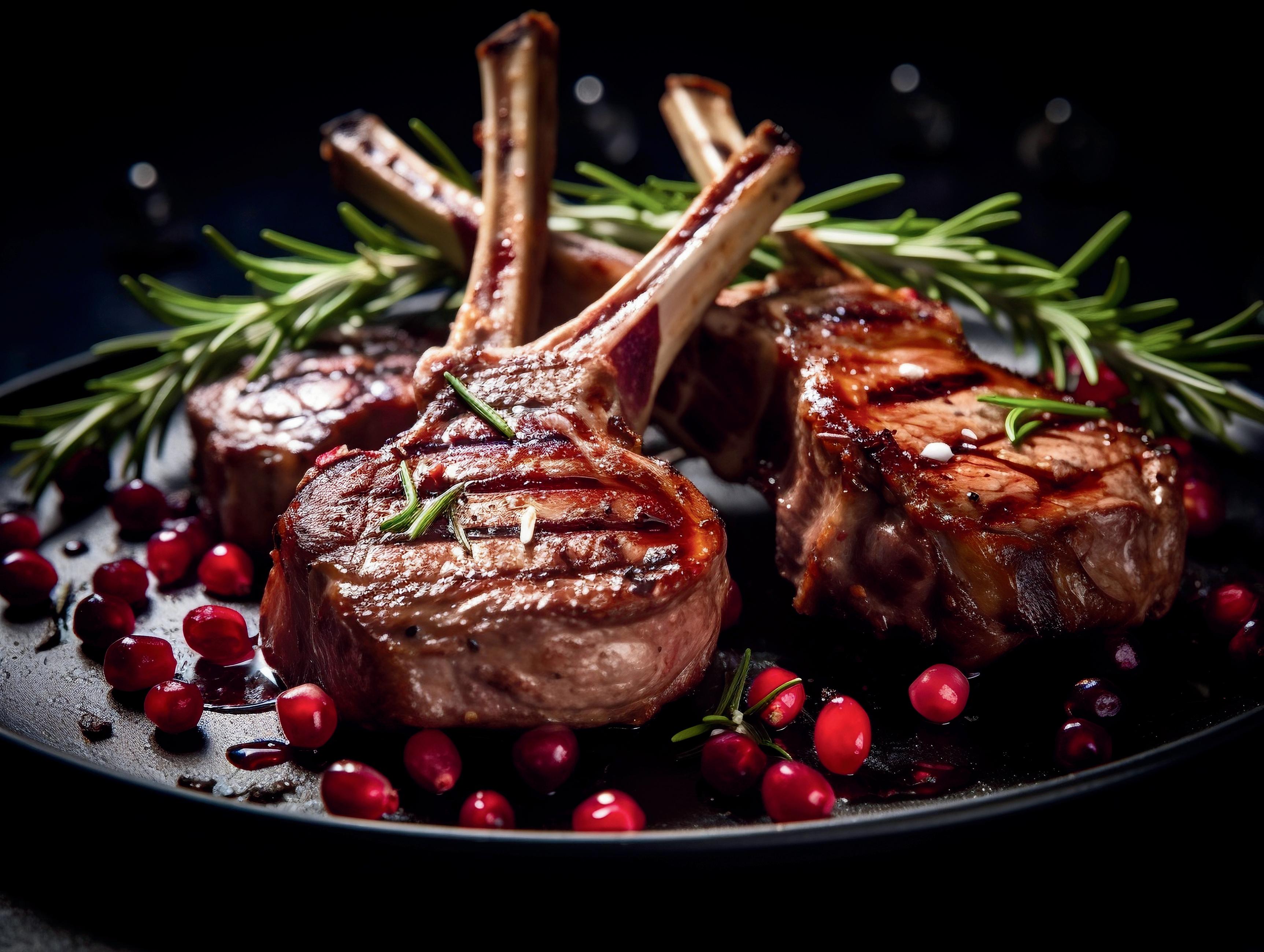
4 lamb chops
1/4 cup olive oil
2 cloves garlic, minced
1 tbsp fresh parsley, chopped
1 tbsp fresh mint, chopped
1 tbsp lemon juice
Salt and pepper to taste
DIRECTIONS
1. Mix olive oil, garlic, parsley, mint, and lemon juice.
2. Brush lamb chops with the herb sauce and season with salt and pepper.
3. Grill lamb chops over medium-high heat for 5-7 minutes per side.
4. Serve with additional herb sauce.

2 cups fresh spring peas
2 cups chicken or vegetable broth
1/4 cup heavy cream
1 tbsp olive oil
1 clove garlic, minced
1 tbsp fresh mint, chopped
Salt and pepper to taste
1. Heat olive oil in a pot over medium heat. Sauté garlic until soft.
2. Add peas and broth; bring to a boil. Simmer for 10 minutes.
3. Stir in cream and mint. Blend until smooth. Season with salt and pepper.



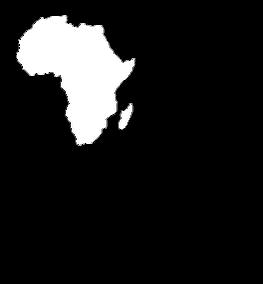
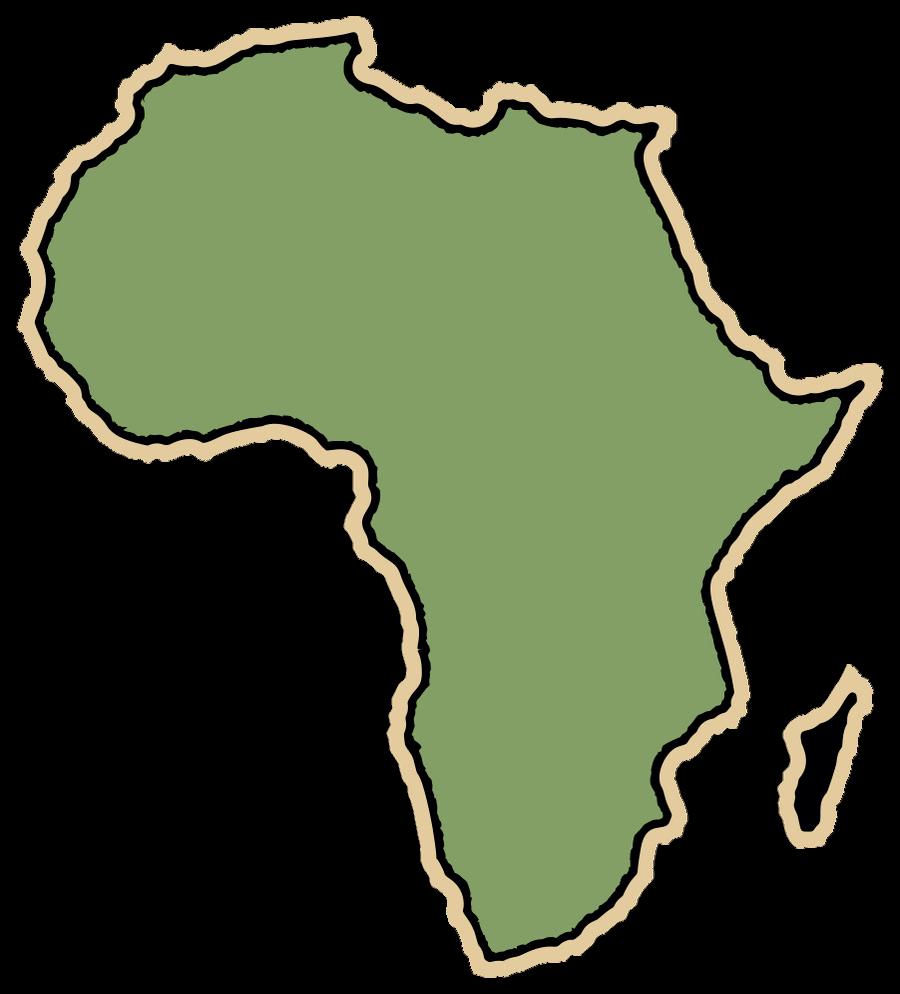
Edited by Francis Afipa Chirwa
That whispers secrets of a continent’s soul

Join me on a journey of love, pride, and self-discovery as I pen a heartfelt letter to the motherland, Africa. This collection of letters, poems, and articles is a celebration of Pan-Africanism and the beauty of African identity. Through my words, I pay tribute to the rich cultural heritage, resilience, and strength of the African people. I explore themes of identity, belonging, and the importance of reclaiming our narrative as Africans. With passion and conviction, I argue that Africa is for Africans, and that our continent's future should be shaped by us, for us. I share my thoughts on the importance of unity, self-determination, and the need for us to reclaim our rightful place on the global stage. This book is a labor of love, a call to action, and a testament to the power of our collective voices. It is a reminder that our stories, our culture, and our history matter. Join me on this journey as we celebrate the beauty, diversity, and greatness of Africa. Let us rise together and reclaim our rightful place as the leaders of our own destiny.
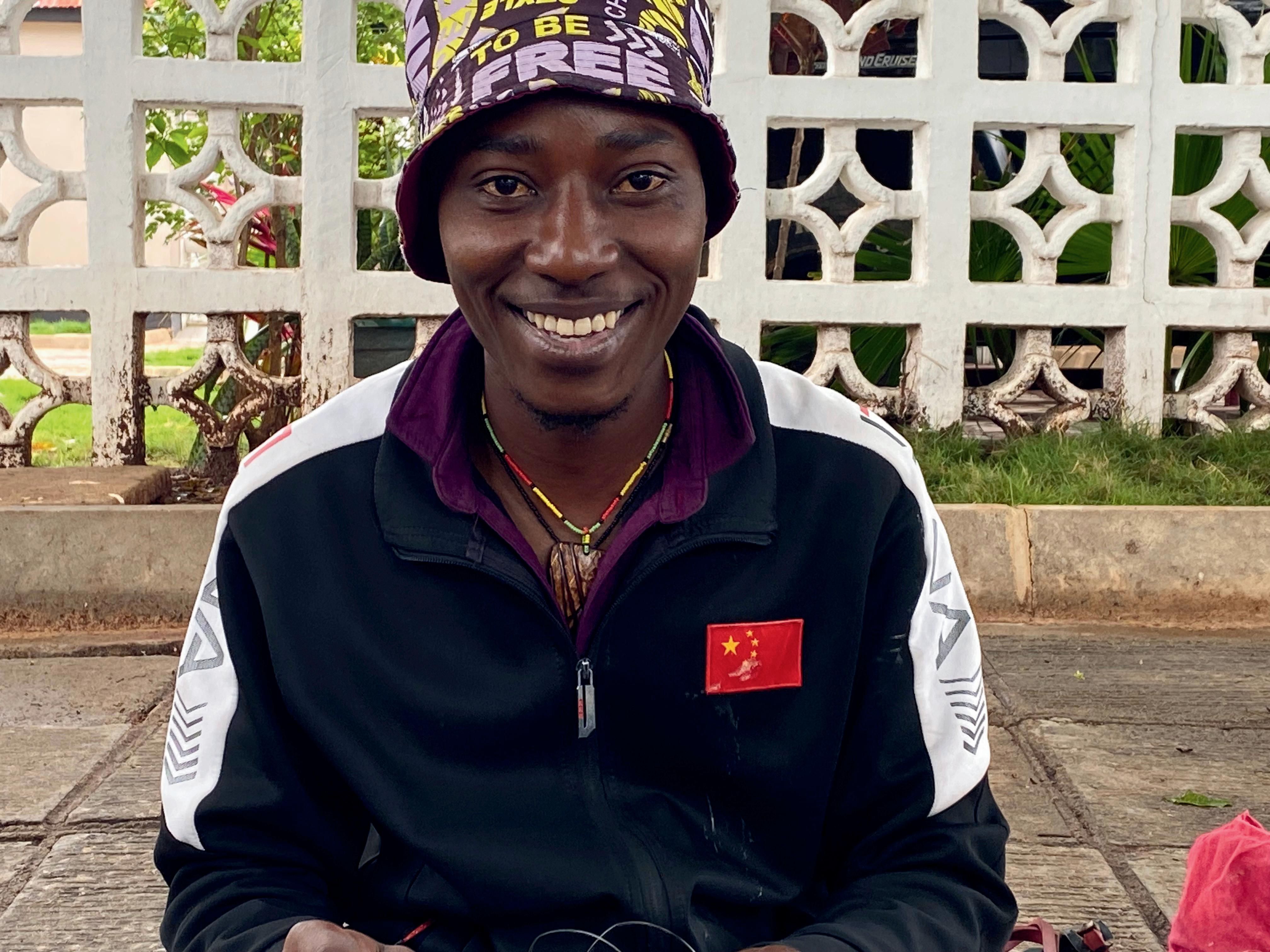

Samuel Kasili’s story is a masterpiece of resilience and creativity, a vibrant canvas painted with determination and passion. Growing up in the heart of Tanzania, Kasili faced challenges that could have dimmed his dreams financial struggles forced him to leave school. Yet, his love for art and soccer fueled his journey, proving that true passion always finds its way.
What began as a simple pastime quickly transformed into a life-defining pursuit for Kasili. With countless hours dedicated to his craft, he explored techniques, mediums, and his own creative boundaries. The deeper he ventured into the world of art, the more he uncovered his unique voice. Today, his artwork radiates with the stories, emotions, and observations that shape his world.


Kasili’s art is more than self-expression it’s a celebration of Tanzanian culture. His creations, brimming with vivid colors and intricate patterns, are a testament to the beauty and complexity of his heritage. “I want my art to be a reflection of our culture and traditions,” Kasili shares. “Art has the power to unite people and foster cross-cultural understanding.” His work captures the spirit of Tanzania, inviting the world to marvel at its richness and diversity.
Balancing artistry with practicality is no easy feat in Tanzania. To support himself, Kasili works as a plumber a trade that provides financial stability but doesn’t quench his creative thirst. “It’s hard to make a living from what I do,” he admits. “Both plumbing and art don’t pay enough to sustain a livelihood.” Yet, his passion remains unshaken. Kasili’s commitment to his craft is a testament to the indomitable spirit of artists everywhere.”
When he’s not creating art or plumbing, Kasili finds joy in soccer and music. A diehard fan of Tanzania’s Yanga team and Spain’s Barcelona, he lives for the thrill of the game. Hip- hop is another passion, with legends like Biggie Smalls and Notorious B.I.G. fueling his inspiration.
These hobbies reflect his vibrant personality, blending the dynamic and the soulful in equal measure.
Kasili’s educational journey was shaped by resilience. After attending Manyoni Singida San John for secondary school, financial struggles forced him to pause. Later, he resumed his studies at Azimio for forms three and four, thanks to a football scholarship. This opportunity not only allowed him to pursue his education but also honed his soccer skills, showcasing his ability to seize every chance life offers.
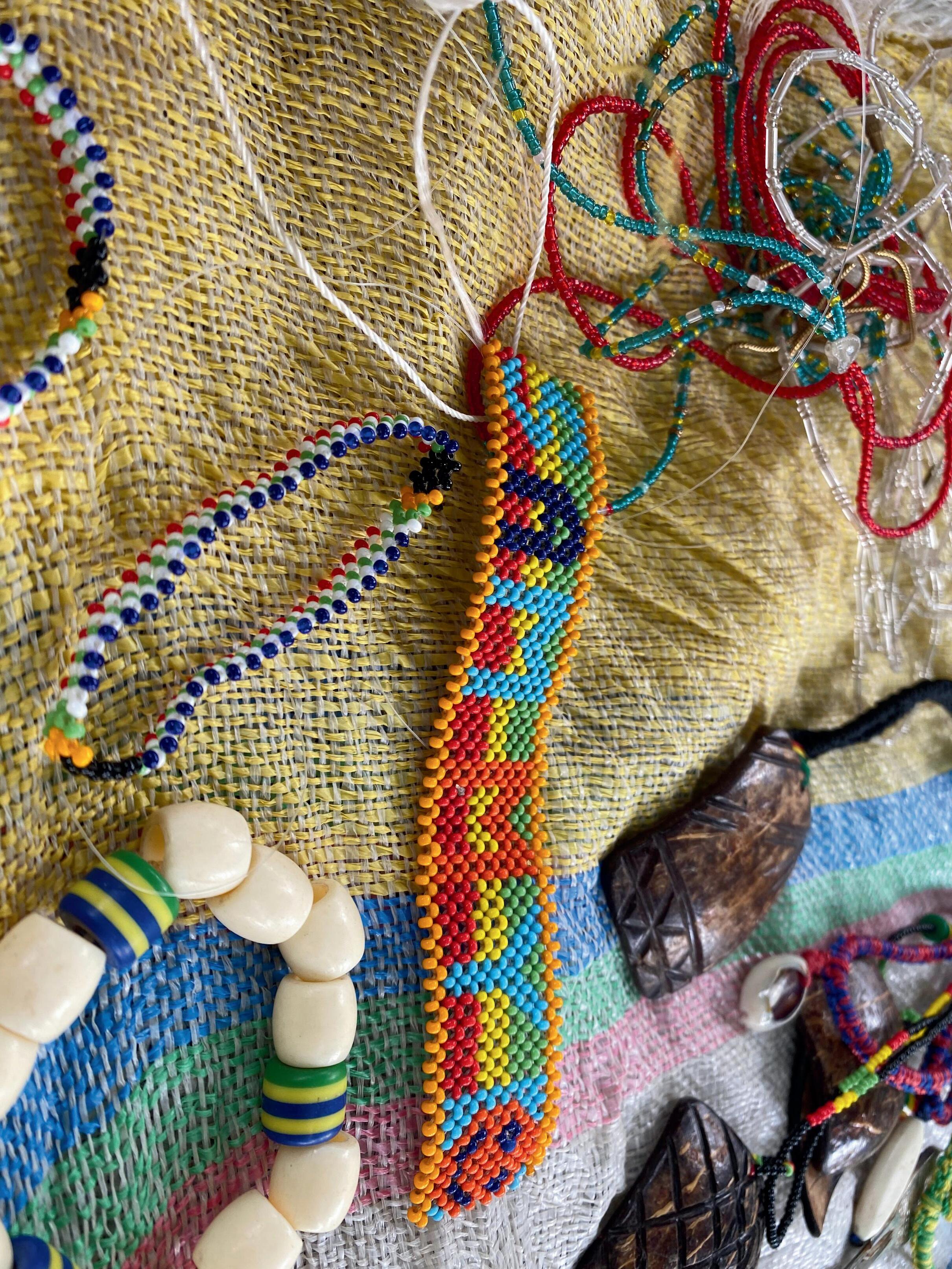
Despite the hurdles, Kasili dreams of a future where his art sustains him fully. “One day, I hope to make a living from what I love,” he says with quiet optimism. For now, he continues to create, channeling his talent into works that preserve Tanzanian culture and showcase his incredible abilities. Kasili’s story is a beacon of hope, proving that passion and determination can overcome any obstacle.

Samuel Kasili’s journey is a powerful narrative of triumph against the odds a tale familiar to many African artists. His dedication to his craft and culture inspires us to support creators like him, who tirelessly work to preserve our heritage and foster understanding. By valuing and uplifting art, we ensure that artists like Kasili not only survive but thrive, painting a brighter, more connected future for us all.
Let us all unite and celebrate together The victories won for our liberation Let us dedicate ourselves to rise together To defend our liberty and unity
O Sons and Daughters of Africa Flesh of the Sun and Flesh of the Sky Let us make Africa the Tree of Life
Let us all unite and sing together
To uphold the bonds that frame our destiny Let us dedicate ourselves to fight together For lasting peace and justice on earth
O Sons and Daughters of Africa Flesh of the Sun and Flesh of the Sky Let us make Africa the Tree of Life
Let us all unite and toil together
To give the best we have to Africa The cradle of mankind and fount of culture
Our pride and hope at break of dawn.
O Sons and Daughters of Africa Flesh of the Sun and Flesh of the Sky Let us make Africa the Tree of Life
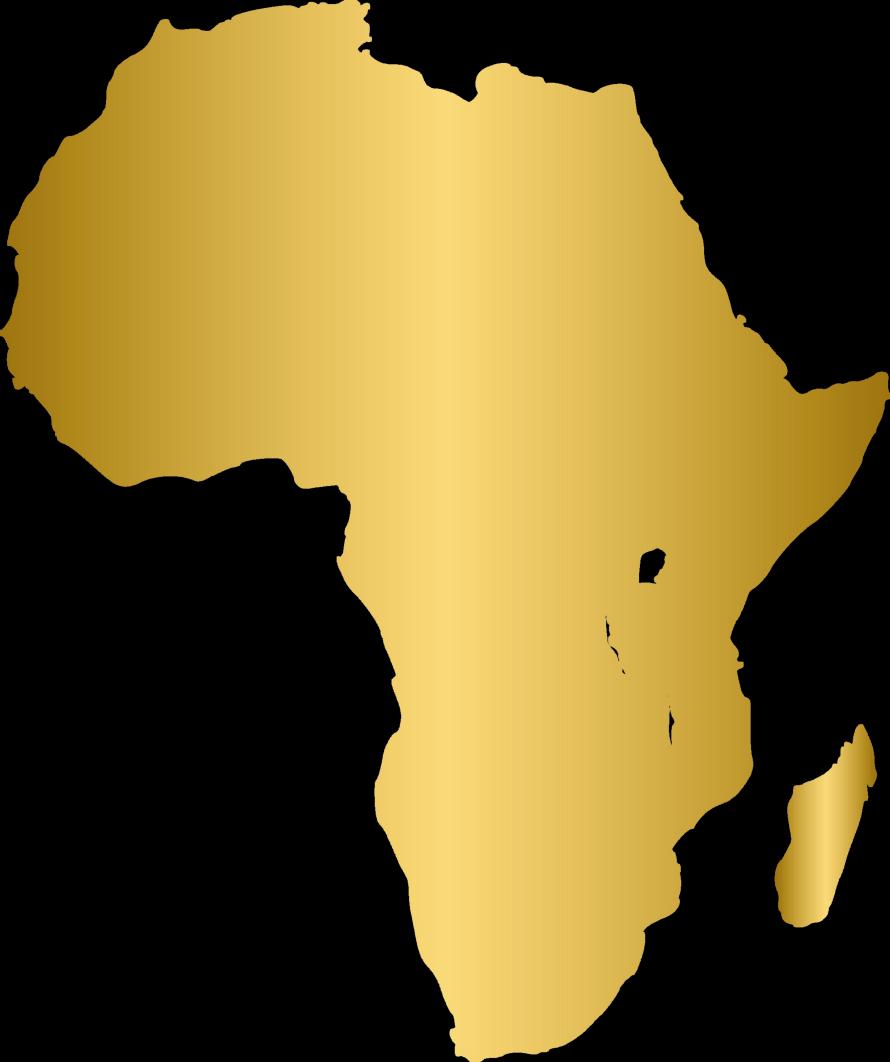
The Land of Return Ghana, the Atlantic Ocean does not simply crash against the shore it whispers. It carries echoes of ancestors, the hum of ancient drums, and the defiant laughter of a nation that taught a continent how to rise. This spring, we journey to a country where golden beaches meet emerald jungles, and every sunset is painted with the hues of resilience and unity.
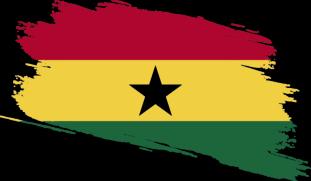
Ghana is not just a place; it is a pilgrimage. The Beauty: A Tapestry of Nature’s MasterpieceGhana’s landscapes are a love letter to the senses: - Cape Coast & Busua Beach: Where turquoise waves kiss powdery sands, and fishermen mend nets under the same skies that once guided enslaved Africans homeward. - Kakum National Park: A rainforest cathedral, where wooden walkways suspend you above a canopy alive with colobus monkeys and the secrets of centuries. - Mole National Park: Savannahs teeming with elephants, where the earth cracks under the weight of history and wildlife roams free. - Volta Region: Waterfalls cascade like liquid diamonds, and Lake Volta’s serenity mirrors the soul of the Akan people. By night, the sky over Accra pulses with neon kente patterns projected onto modern skyscrapers a fusion of tradition and tomorrow.
The Pan-African Heartbeat Ghana’s soul beats to the rhythm of unity. It is the birthplace of Kwame Nkrumah, whose dream of a "United States of Africa" still fuels the continent’s collective conscience. Here, pan-Africanism is not a relic—it is a living, breathing force:Kwame Nkrumah Mausoleum: A shimmering marble ode to the father of African liberation, where his words “Africa must unite” are etched into the walls. - **W.E.B. Du Bois Center**: The final resting place of the Black intellectual giant, whose legacy binds the African diaspora across oceans.Year of Return: Launched in 2019, this initiative welcomed the global African family home, transforming trauma into triumph. Over 1 million diaspora kin have since traced their roots. -
**Panafest**: Every two years, artists and activists gather in Cape Coast to celebrate African resilience through dance, debate, and drum circles. In Ghana, pan-Africanism is not a slogan— it is a hand extended, a proverb lived: “The ruin of a nation begins in the homes of its people.”* Here, every home opens to the world. .


The Culture: Where Ancestors Walk Beside You Ghana’s vibrancy is etched into its rituals: - Adinkra Symbols: From cloth to architecture, these ancient Akan motifs (like *Sankofa*”return and fetch it”) remind visitors to honor the past while forging ahead. - Festivals: The Aboakyer deer hunt in Winneba, the *Homowo* harvest celebration in Accra each a kaleidoscope of color and community. - **Music**: Highlife rhythms drift from beach bars, while contemporary Afrobeat stars like Stonebwoy fuse tradition with global swagger. Even the food is an act of unity: *jollof rice* sparking friendly rivalry with Nigeria, *waakye* (rice and beans) served in recycled takeout boxesa dish of the people, for the people.

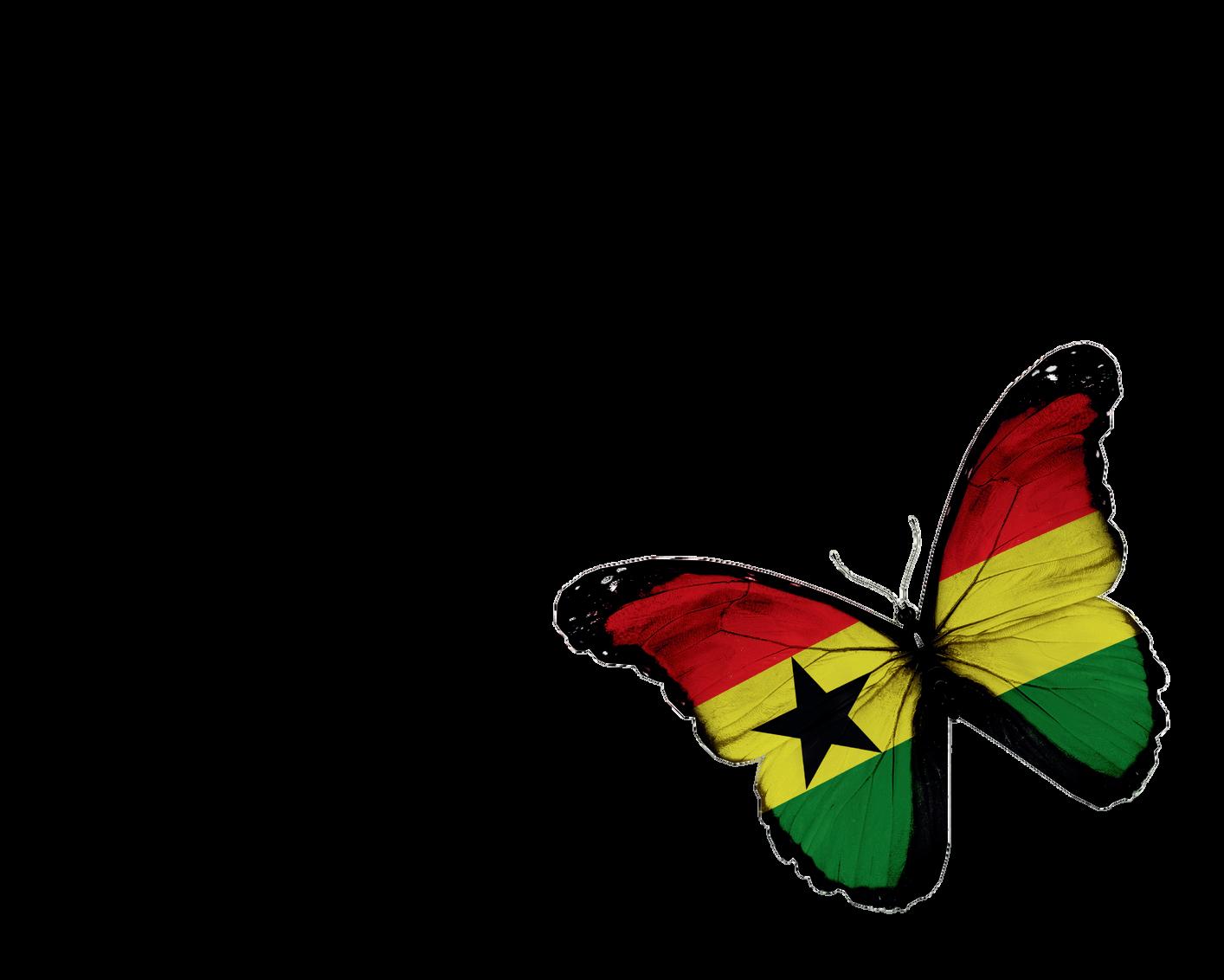
Visit Ghana: Your Invitation to Come Home. Why Spring?** March to June offers sunny days, lush landscapes, and festivals like *Asafotufiam* (a warrior ritual of the Ada people). Must-Experience*: - **Cape Coast Castle: Stand in the “Door of No Return,” then walk back through it a metaphor for Africa’s reclaimed narrative.**Nkroful**: Nkrumah’s birthplace, where villagers still recount tales of his boyhood dreams. - **Afrochella**: Accra’s spring music festival, where African’s superstars and local legends share stages under baobab trees. **Stay**: **Luxury**: *Kempinski Gold Coast City Hotel* (Accra) for rooftop pool views.

Eco-Conscious: *Busua Beach Resort, where solar power fuels paradise. Visa: Seamless for diaspora Ghana’s “Right of Abode” law grants dual citizenship to descendants of enslaved Africans.
Epilogue: A Nation’s Whisper Ghana does not ask you to visit. It whispers: *Come home.”Walk its shores where the ocean returns what was stolen. Dance in its jungles where freedom took root. Let its people remind you that unity is not a dream it is a choice, etched in gold, green, and red.



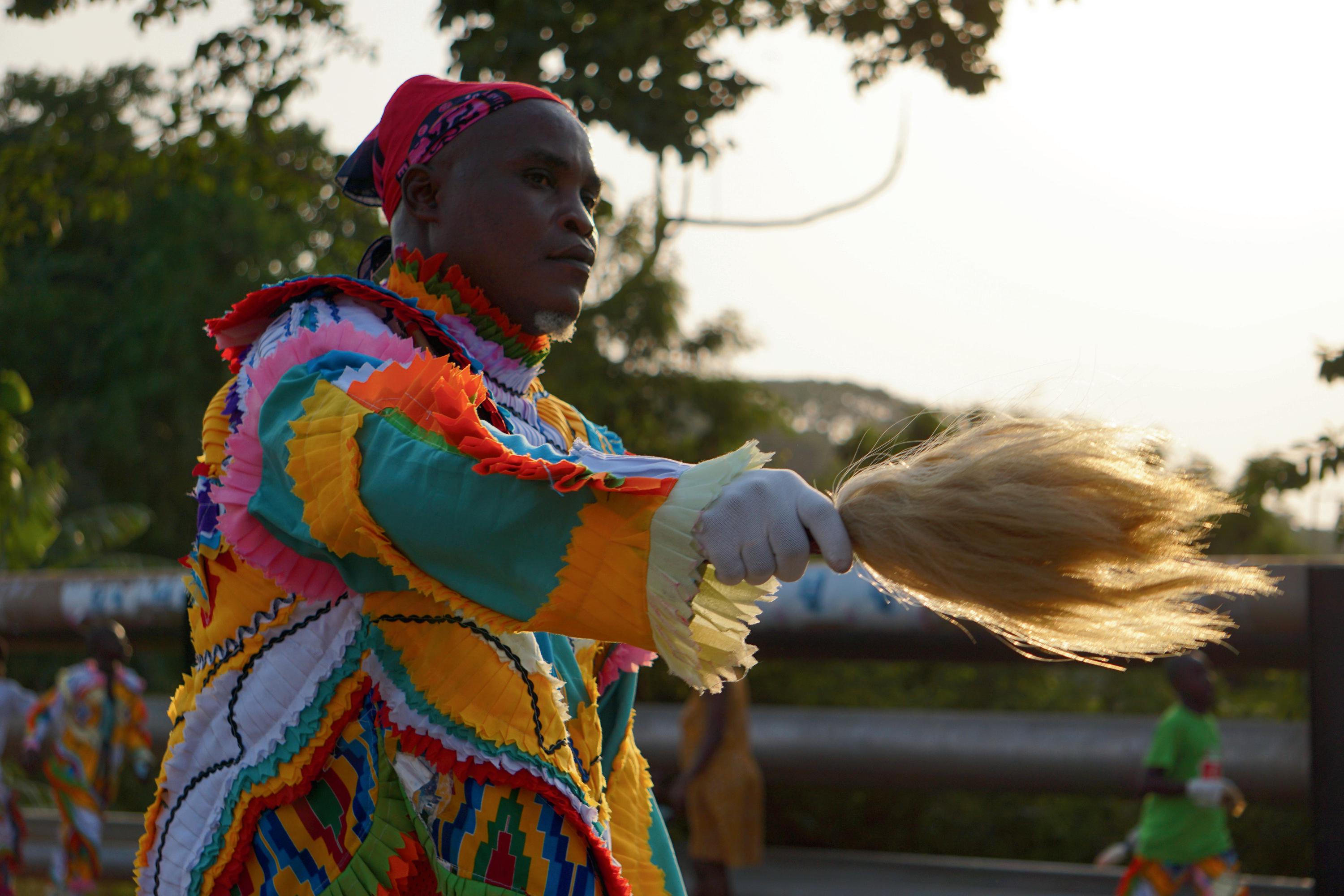

Born in the vibrant city of Owerri in eastern Nigeria, he grew up under the steadfast guidance of his mother, a single parent who instilled in him strong Christian values and an unyielding determination. His journey from Africa to America, from nursing to acting, is a story of finding purpose in the most unexpected places. From an early age, Eze’s life was marked by transition. After years of correspondence with his father, who lived in the United States, he moved to join him in the early 2000s. This shift to a new continent brought its own set of challenges and opportunities. Yet, Eze embraced it all with optimism, laying the foundation for a life that would blend the compassion of a nurse with the creativity of an actor.
For Eze, nursing is more than a profession; it is a calling. “There’s a profound sense of fulfillment in helping the sick and the less privileged,” he shares. “The blessings that come from serving others are unmatched.” His work in healthcare is a testament to his unwavering dedication to making a difference. The demanding nature of his role has not only shaped his character but also provided a wealth of experiences that enrich his other passion: acting. Eze’s foray into acting might seem like a surprising contrast to his nursing career, but for him, it is a natural extension of his identity. Acting, he says, feels like a hobby that allows him to express a different facet of himself. However, the two worlds often intertwine. The challenges of nursing facing aggressive patients, dealing with prejudice, or simply navigating the high-pressure environment have honed his ability to adapt and stay composed. These skills, he notes, are invaluable both in front of a camera and in real life.
“Confidence is crucial,” Eze explains. “In nursing, you’re constantly communicating with patients, families, and colleagues. Those interactions build a foundation of trust and empathy, which are key elements in acting as well. And acting, in turn, teaches you how to connect with people on a deeper level, whether it’s through a role or a real-life interaction.” Beyond his professional endeavors, Eze’s personal life is a source of joy and grounding. He shares a beautiful life with his French wife and their son, both of whom are his staunchest supporters. When he’s not working or acting, he finds solace in playing basketball, soccer, and chess, or simply enjoying a good movie. His hobbies reflect a man who values balance, connection, and the simple pleasures of life. Living in America has been both rewarding and challenging for Eze. He acknowledges the difficulties but remains steadfast in his gratitude. “God has been faithful,” he says. “Between my healthcare career and my acting journey, I’ve been blessed. You have to stay optimistic and keep striving, no matter the hurdles.”

Eze’s story is more than one of dual careers; it’s a narrative of perseverance and purpose. His advice to others mirrors the principles that guide his own life: “Pursue your dreams with passion and persistence. Believe in yourself and stay prayerful. Challenges will come, but faith in your vision will see you through.” As our conversation draws to a close, one thing is clear: Eze is a man who embodies the art of healing and storytelling. His journey inspires not only through the roles he plays on screen but also through the lives he touches as a nurse. His story leaves an indelible mark a testament to the power of hope, hard work, and the courage to embrace every facet of oneself. The world may see Eze as a nurse or an actor, but at his core, he is a storyteller and a healer, bringing light to every path he walks.

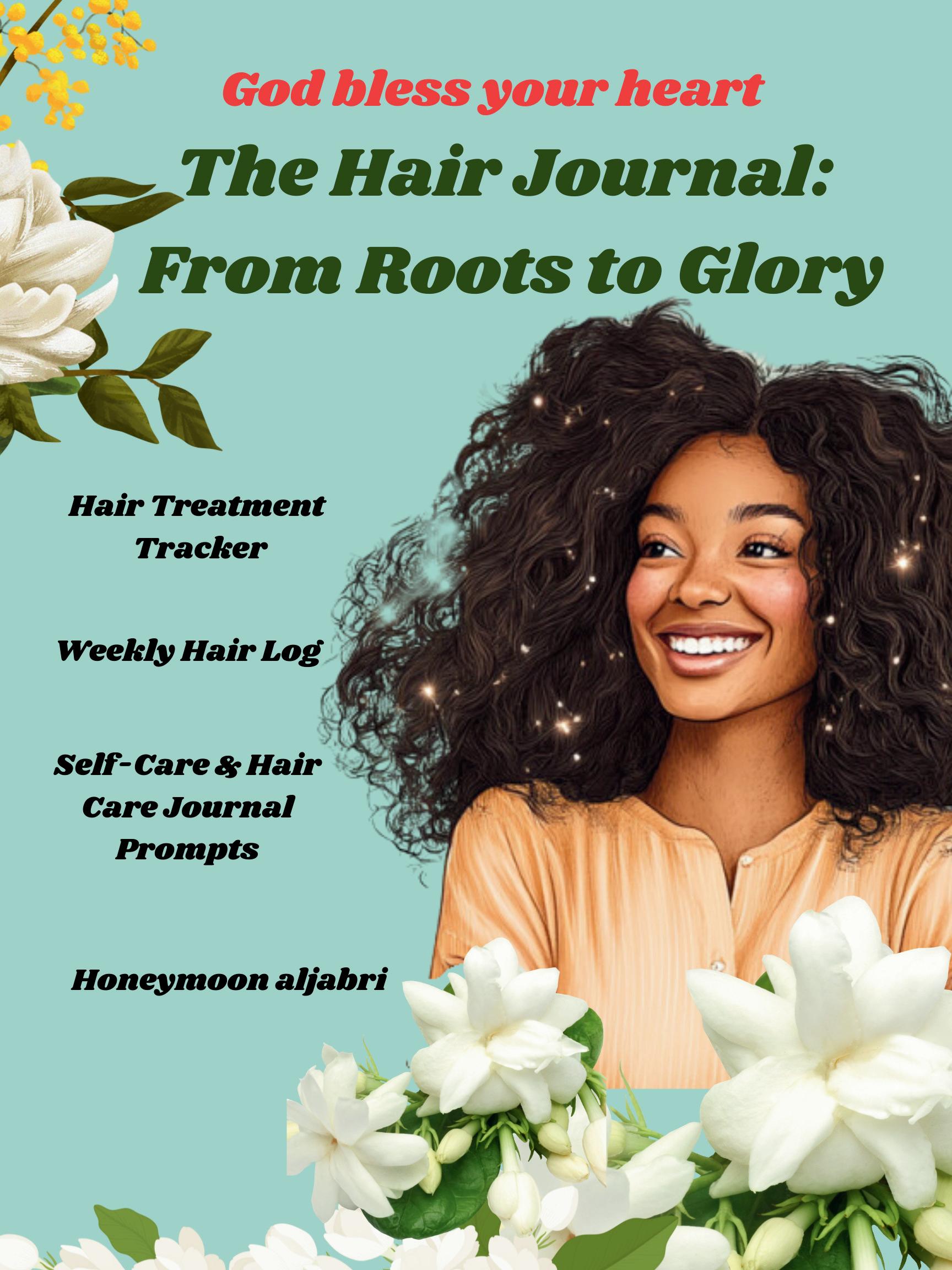
Your hair matters get your copy today
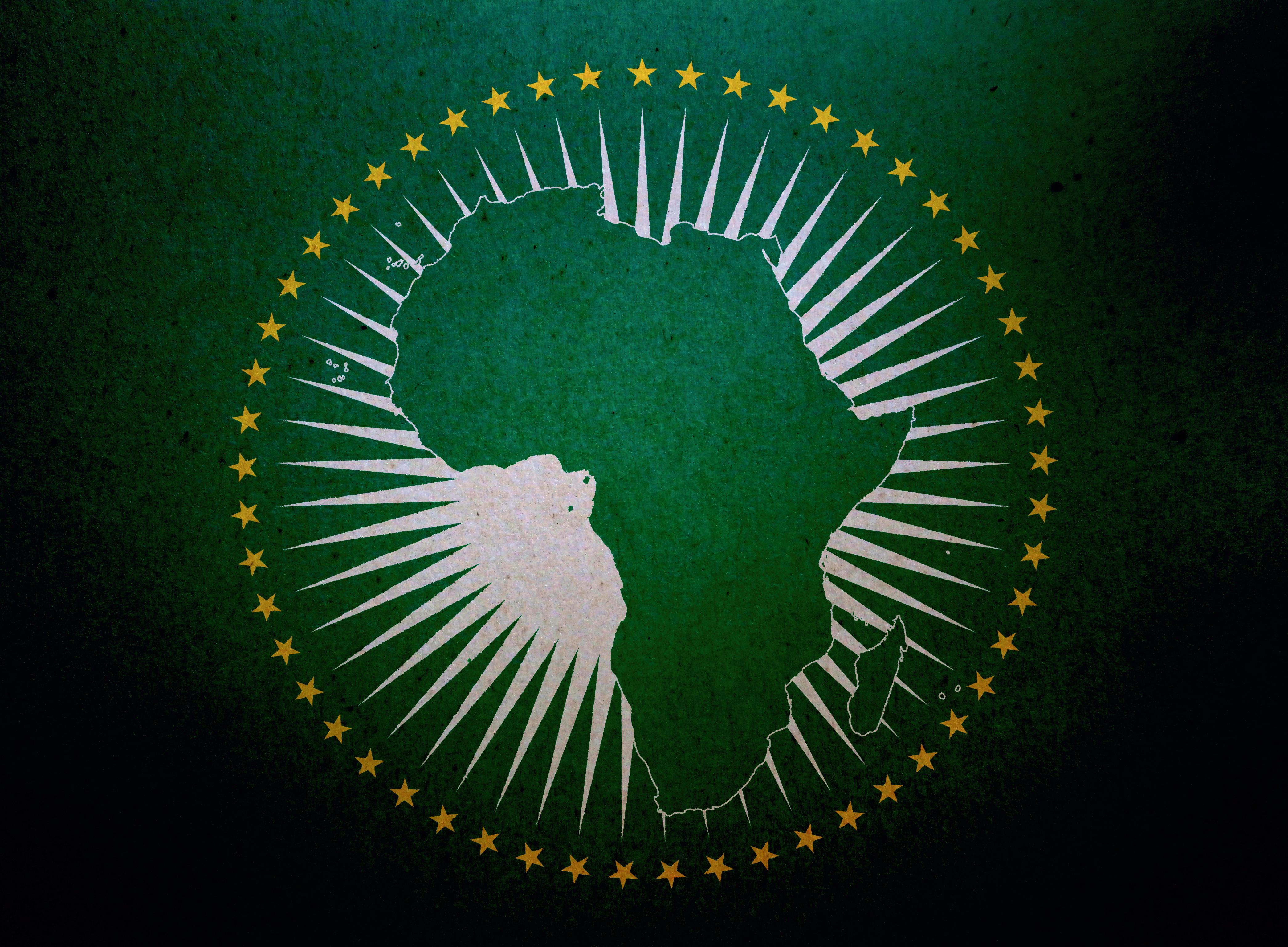
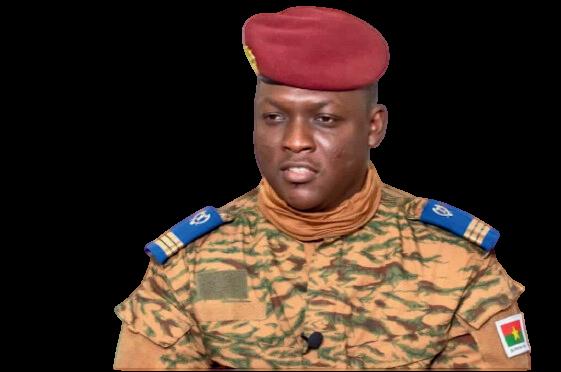
A borderless Africa is possible



Thank you so much, Mr. Bwire, for agreeing to this interview. We value your insights and will dive straight into the questions. First, regarding the proposed mineral-for-security deal between the USA and the Democratic Republic of Congo (DRC), how do you think it will impact the ongoing conflict in Eastern Congo? Particularly, does it address the root causes of violence and instability?

Mr. Bwire:
I sense a suspicious deal here. My immediate question is: why does the DRC need external security assistance? To protect itself from who? Rwanda, Uganda, or its own people? The Congolese issue is complex and multilayered, akin to peeling an onion. Where does one begin?

Mr. Bwire:
The straightforward answer is that Congo does not need outside intervention; it needs its people to love their country and exhibit patriotism. When prominent figures like Joseph Kabila and Moïse Katumbi focus on Goma instead of Kinshasa, it underscores deeper problems. No external power can help Congo if its citizens and leaders don’t unite to help themselves. Turning to the USA won’t resolve the core issues, let us not forget the haunting legacy of Patrice Lumumba.
History teaches us that deals with the
United States or Belgium often come with strings attached, feeding into what is already devouring Congo from within.
Congo is incredibly rich in resources, but this wealth has been its curse. The sins of Lumumba’s assassination linger, while bullets fly, and foreign entities exploit the minerals left in the aftermath. My stance is clear: Congo must heal its own soul before seeking external aid.

What are your thoughts on Rwanda’s alleged involvement in fueling the conflict in Eastern Congo, particularly regarding the exploitation and smuggling of minerals? How can Rwanda be held accountable?

Mr. Bwire:
(Laughs) A good question!
Where exactly are the mines that produced the $1.7 billion worth of minerals Rwanda reportedly sold on the global market? Times and AFP reported this figure, but the source of these minerals remains a mystery. This raises crucial questions. Not just Rwanda, Uganda has also sold Gold and other valuable minerals on the world market. But where did it come from? Jinja? Entebbe? Kampala? These ambiguities highlight the deeper issues.
Consider the M23 rebel group who funds them? Is it Museveni’s regime, Joseph Kabila, or another actor? Who supplies them with weapons?
Until these questions are answered, the root causes of Congo’s problems will remain hidden.
I keep emphasizing that no one can save Congo if it refuses to save itself. Even the African Union has been ineffective in this regard. Many Africans view the AU as merely a building constructed by China, controlled by external powers with minimal African influence.
What role can African nations play in promoting peace, stability, and responsible mineral governance in Congo?
Mr. Bwire:
Several countries have tried to help DRC, this include South Africa, Zimbabwe, even South Sudan, the youngest nation in the world, sent troops to assist in Congo. Yet, the core issues persist. Tanzania’s efforts to mediate only strained its relationship with Rwanda, and still, nothing has changed. Congo remains in turmoil, plagued by a lack of effective leadership. The ghost of Lumumba looms large. Until Congo’s leaders foster love for their nation and come together for meaningful dialogue, the country cannot prosper. Africa’s richest land in natural resources must prioritize internal unity and governance before it can address external interference.
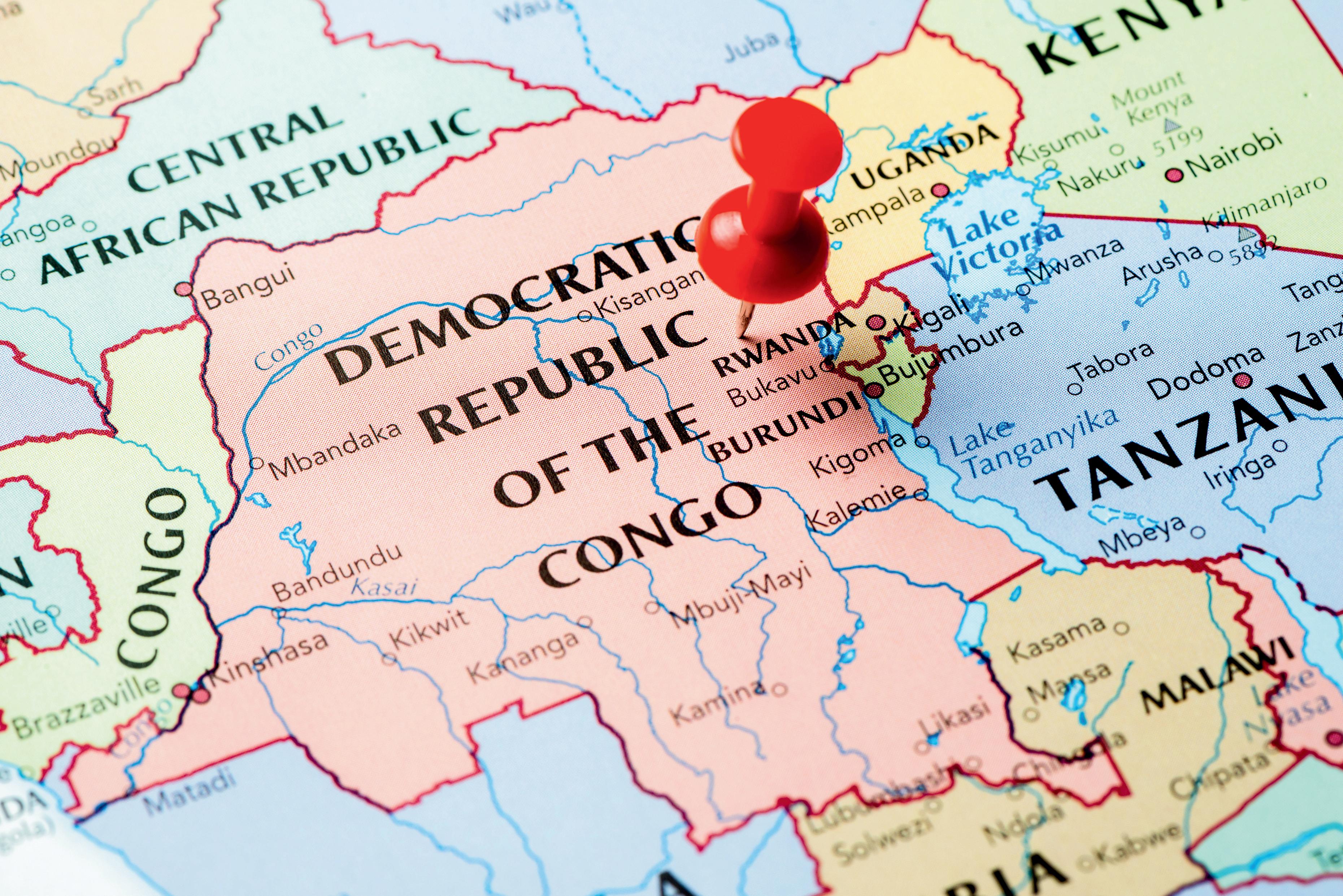

People of Africa:
Lastly, what is your vision for peace and stability in the DRC? What steps can ensure that its mineral wealth benefits the Congolese people and fosters long-term stability instead of fueling conflict and corruption?
Mr. Bwire:
The path is simple yet profound: Congo must return to the drawing board. Leaders on all sides must convene, including community leaders and chiefs to have honest and transparent discussions. A free Congo is possible bullets no longer fly in Kinshasa, why not Goma? Leadership must prioritize the country’s welfare over personal gain. Once Congo stabilizes internally, external actors like Rwanda and Uganda will lose their opportunities to exploit its vulnerabilities. Internal reform is the key to halting external interference.


A free Congo is possible bullets no longer fly in Kinshasa, why not Goma?
People of Africa: Thank you, Mr. Bwire. As we conclude, we echo your sentiments and wish Congo the best. It is time for the Congolese to resolve the issues within their nation and let the ghost of Lumumba finally rest in peace.

We want to express our heartfelt gratitude to each and every one of you for being part of our journey . As we step our second year 2025
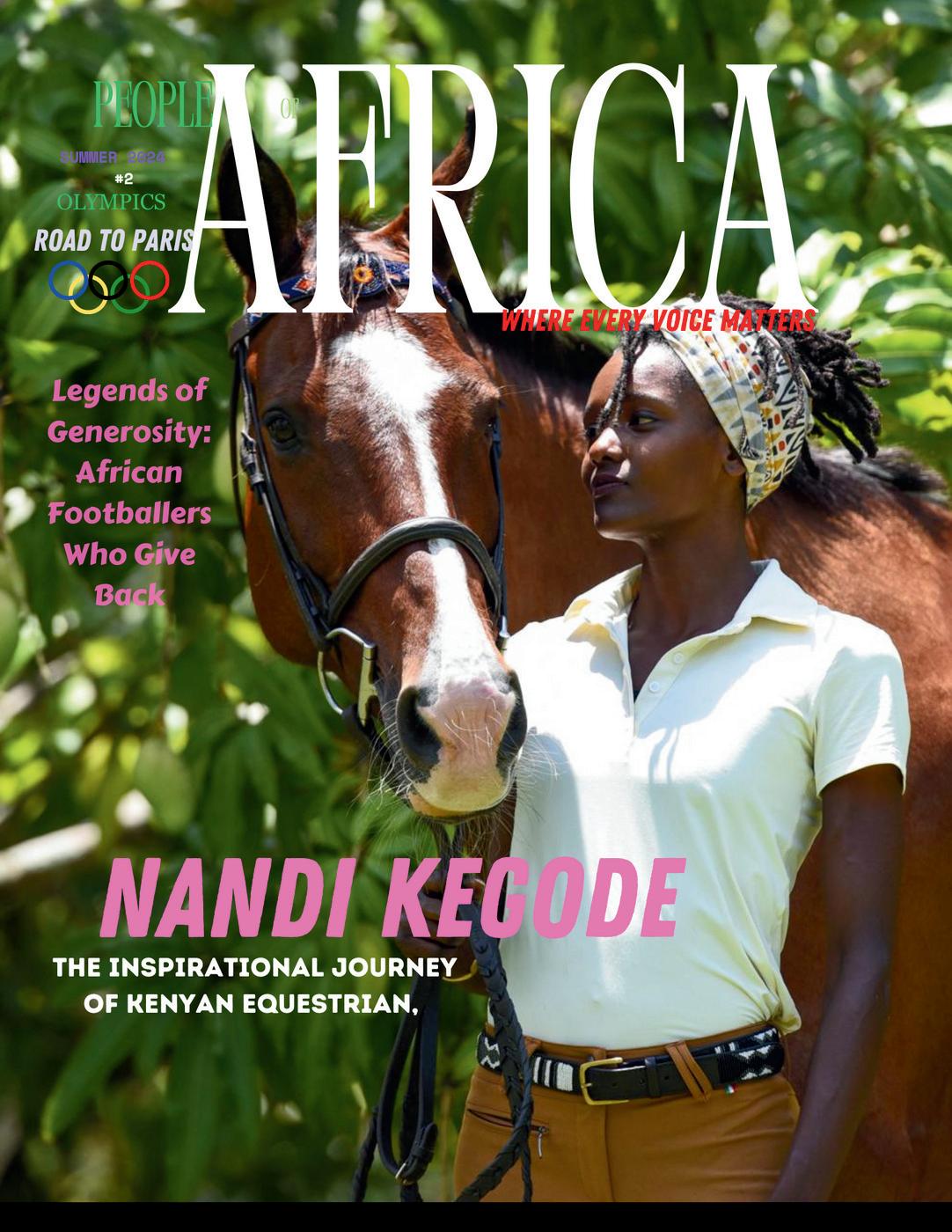

Here’s another year of unity, empowerment and storytelling that uplift the spirit of africa
Let’s come together and celebrate our rich heritage and diverse cultures.

we’re excited to start working on the next issue of People of Africa magazine, and we want to hear from you
What stories do you want to read? what themes so you want us to explore ? who are the african changemakers, innovators, and trailblazers you want to learn more about share your idea with us , and help shape the next issue of people of africa magazine let

Do you have a story waiting to be told? Is there someone you know whose experiences deserve recognition? We believe every voice has a story worth sharing, and we want to hear yours.
People of Africa Magazine invites you to contribute to our vibrant community of storytellers. Each season, we curate four issues that capture the diverse narratives, rich cultures, and inspiring journeys across the African continent.
Whether it's a personal journey, a community initiative, or an extraordinary achievement, your story could inspire, motivate, or enlighten others. We welcome contributions from writers, photographers, artists, and anyone passionate about storytelling.
Editor-in-Chief Honeymoon Aljabri and the entire team are dedicated to amplifying voices and celebrating the essence of Africa. We want you to be part of this enriching experience.
To share your story or nominate someone whose narrative deserves a spotlight, please contact us via:
Phone: +1-202-977-7175
WhatsApp: [+1-202-977-7175]